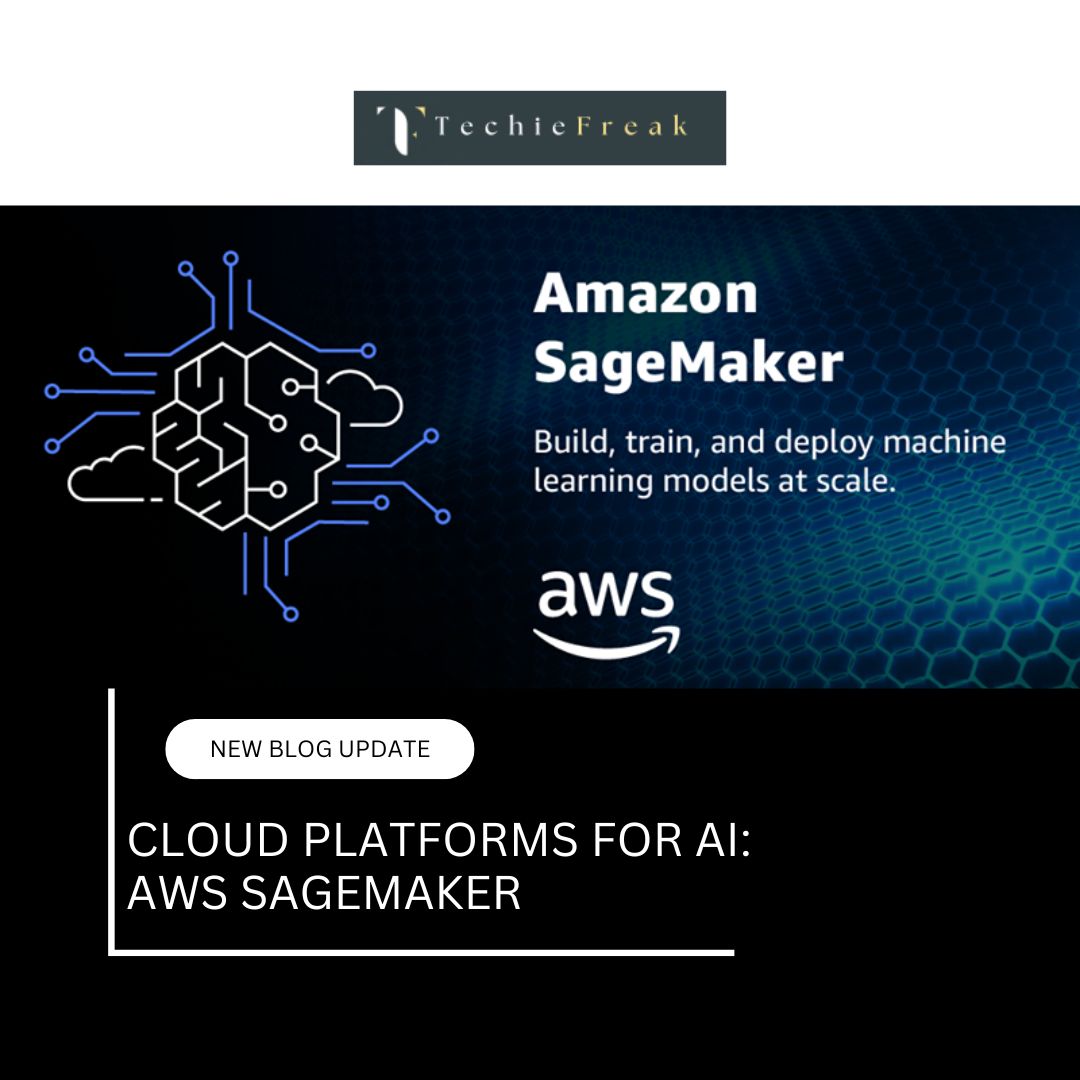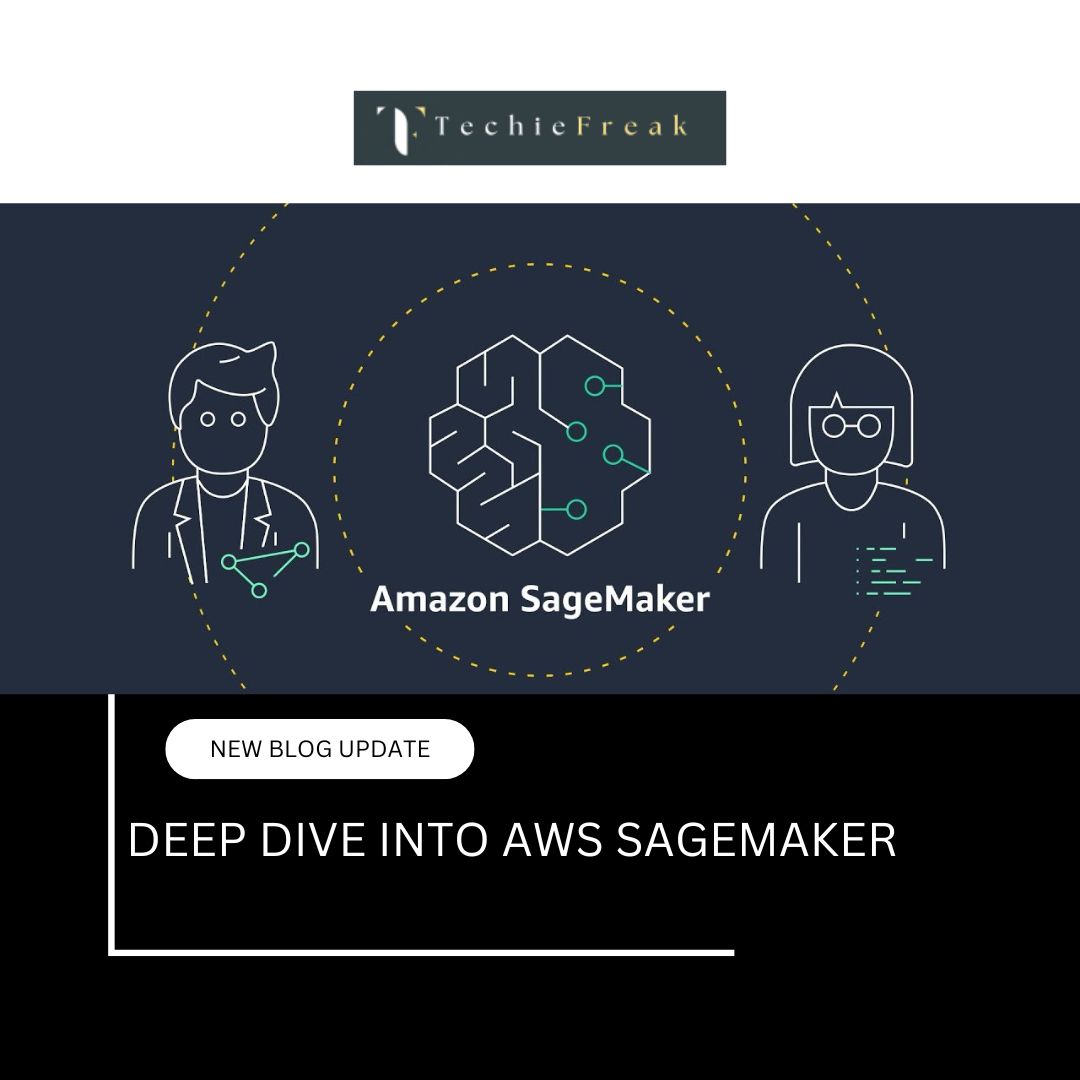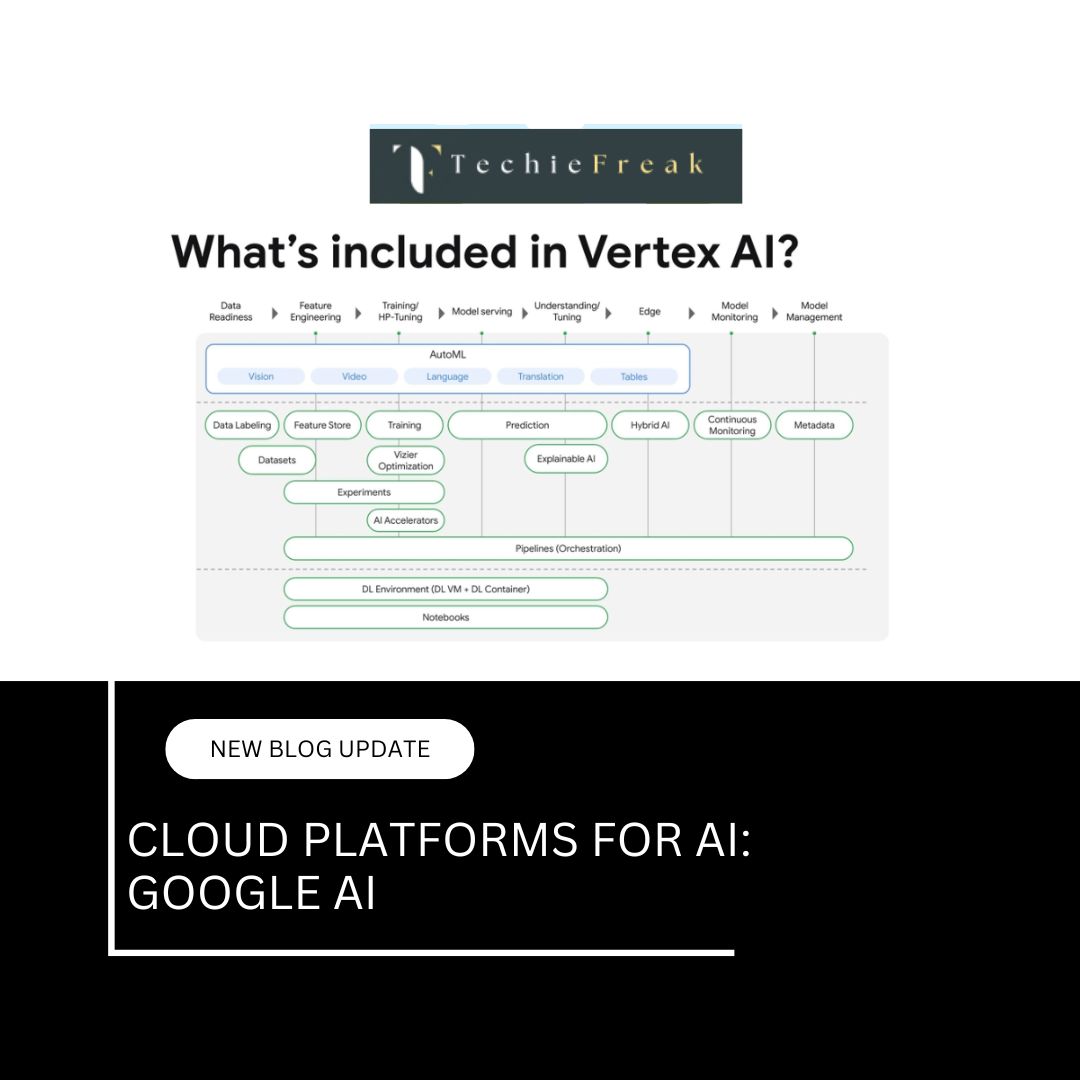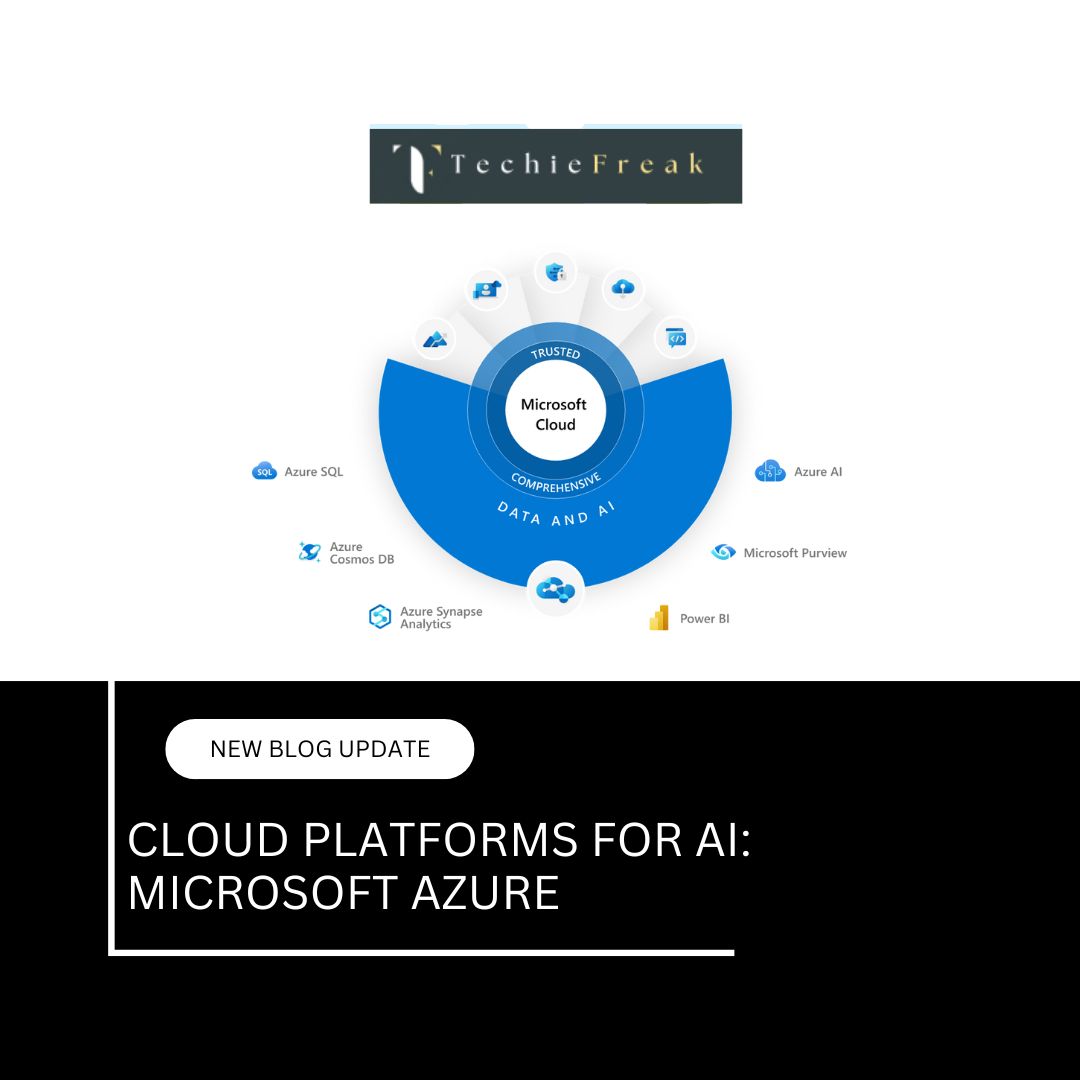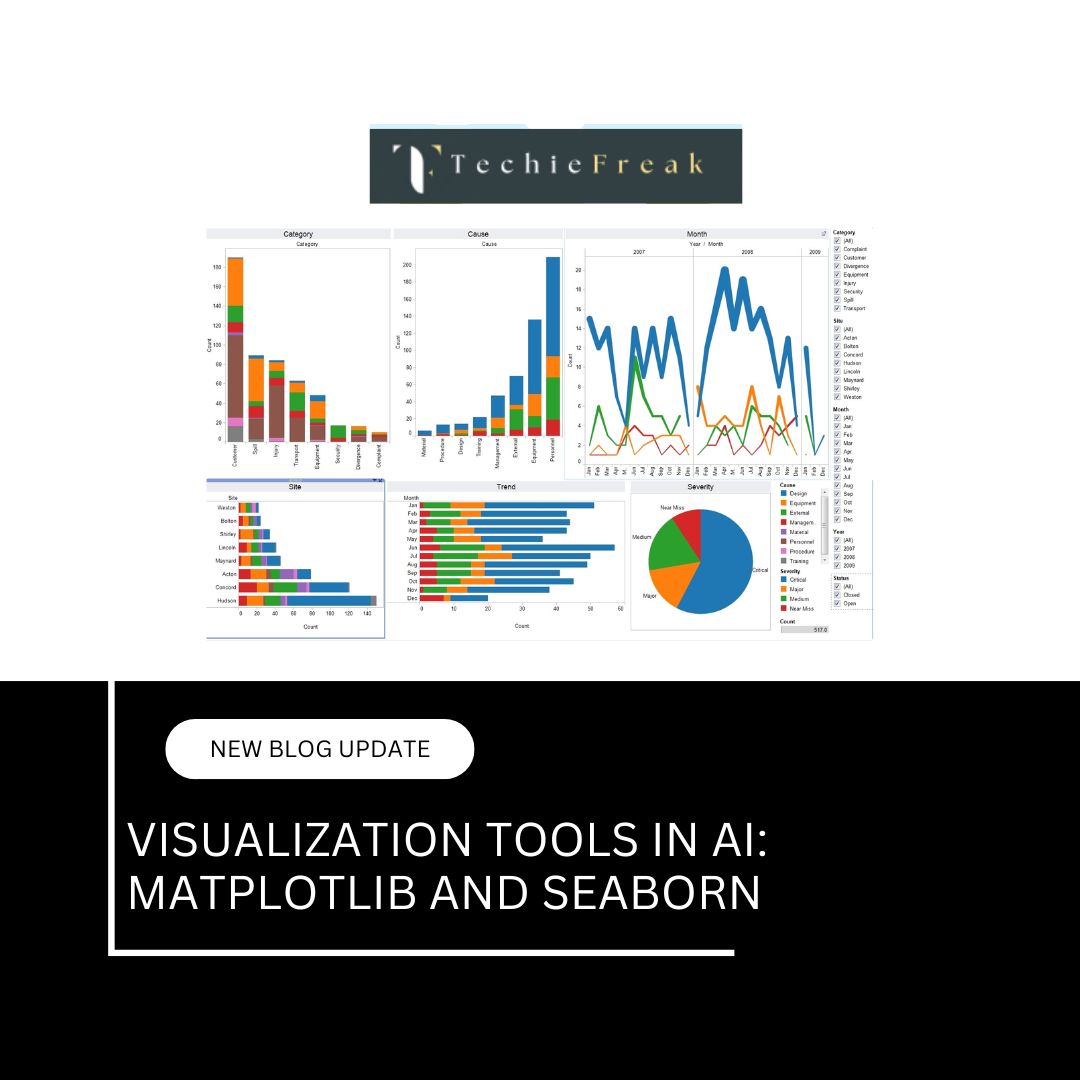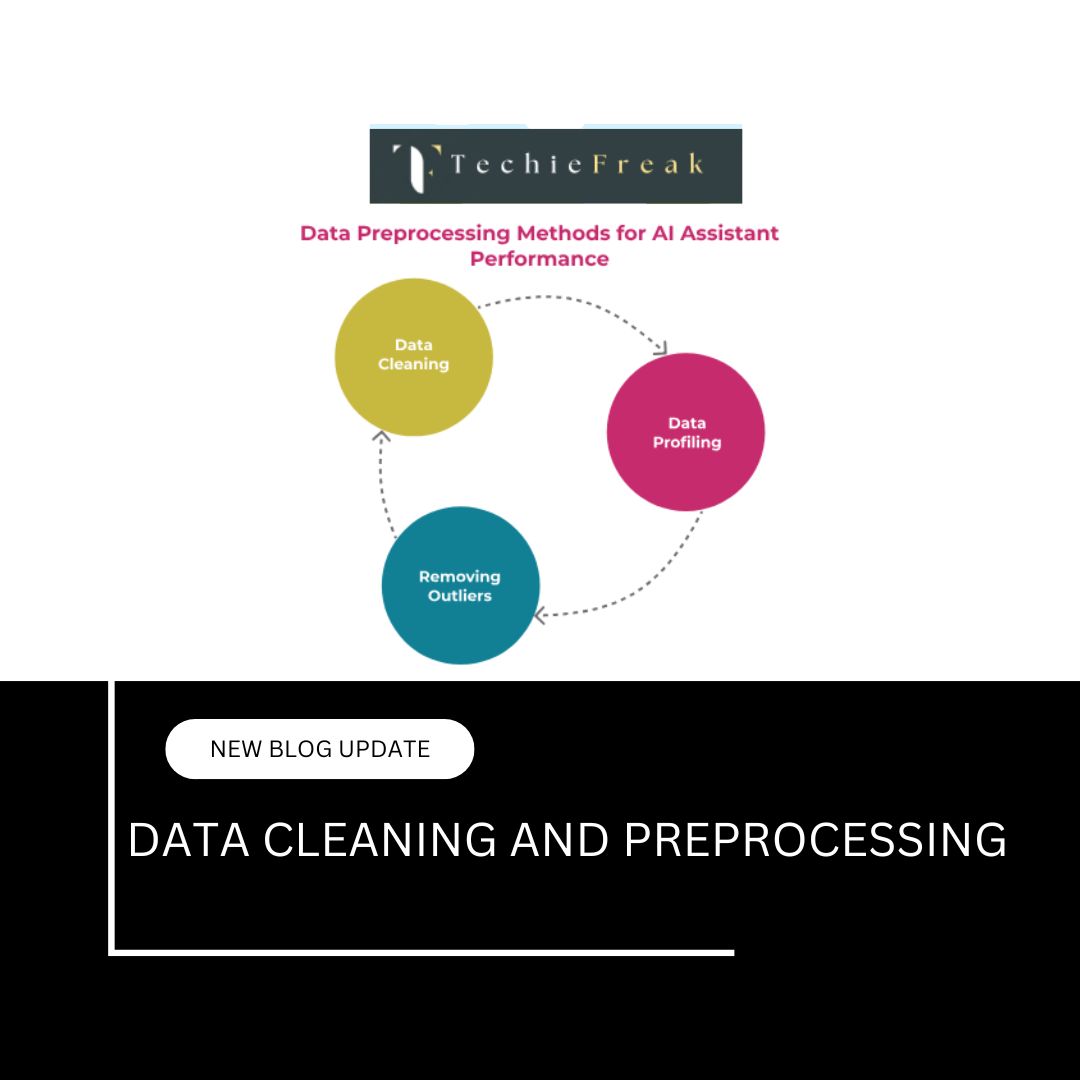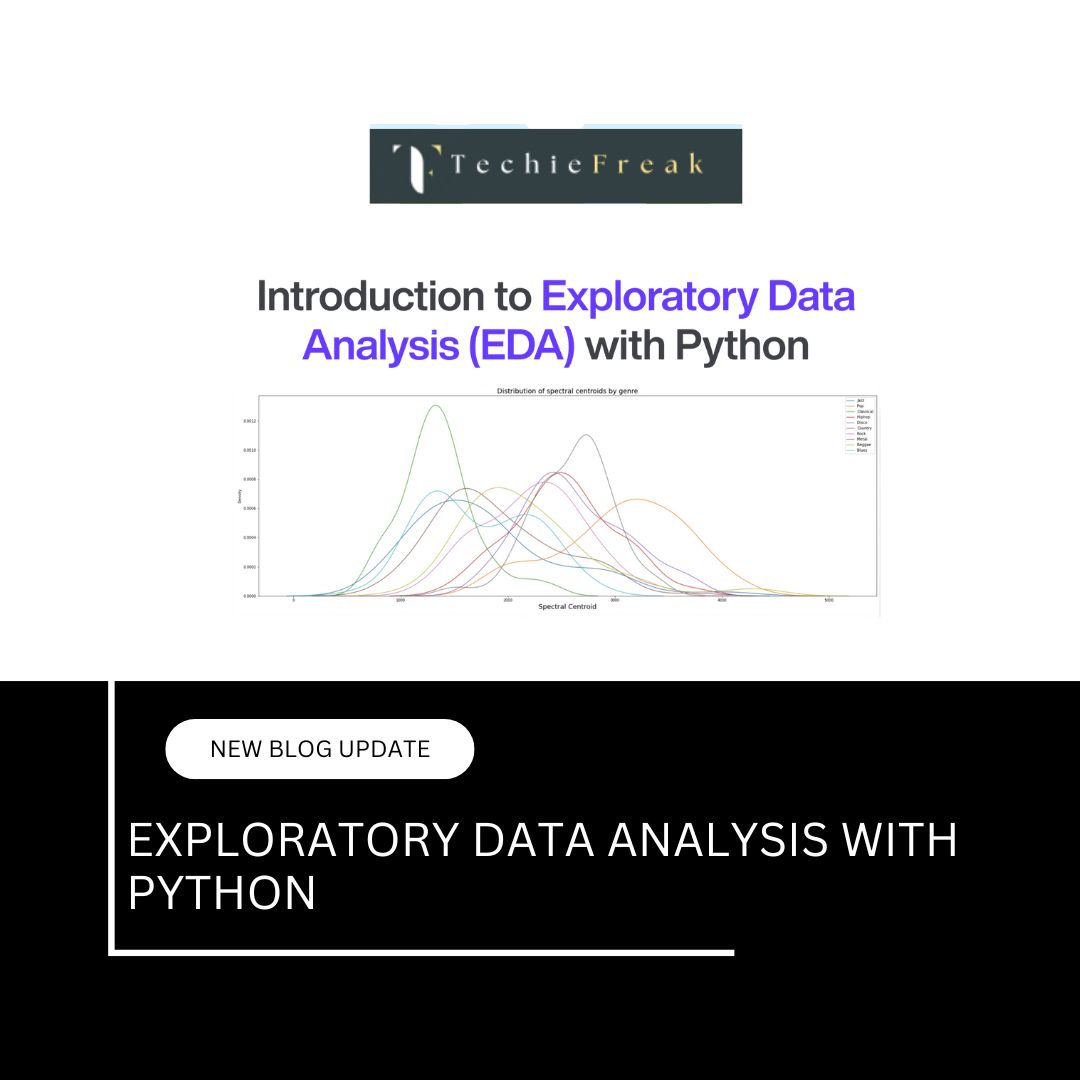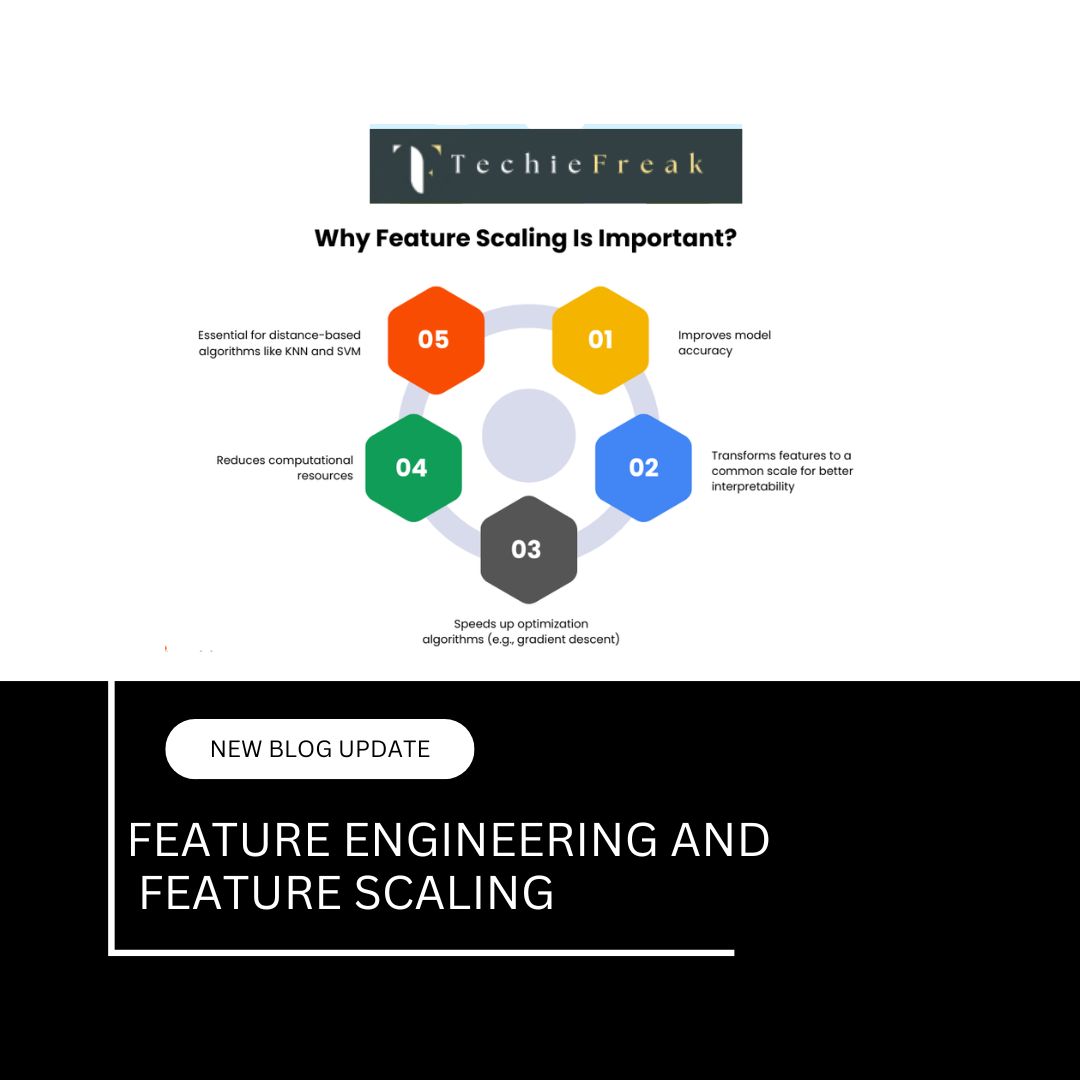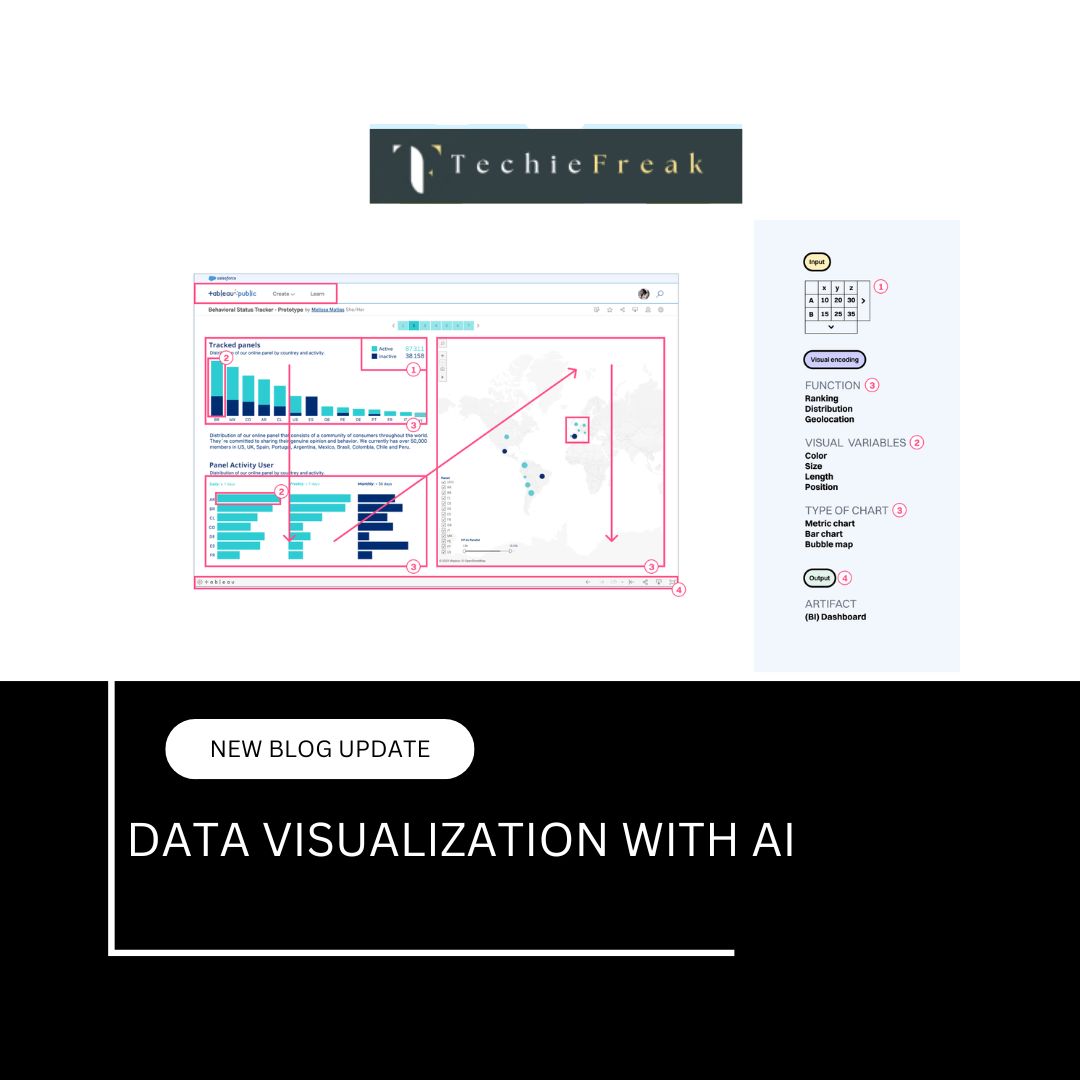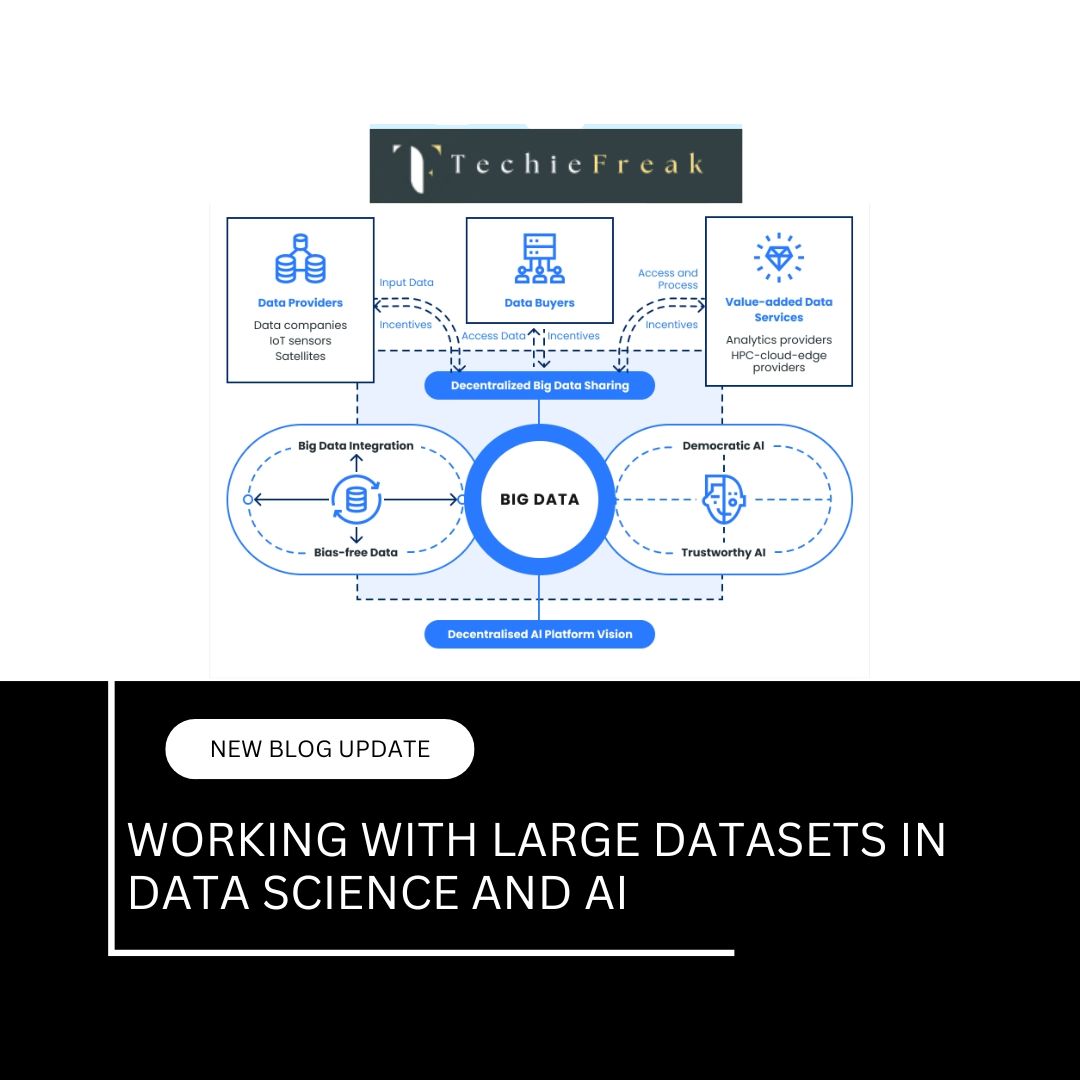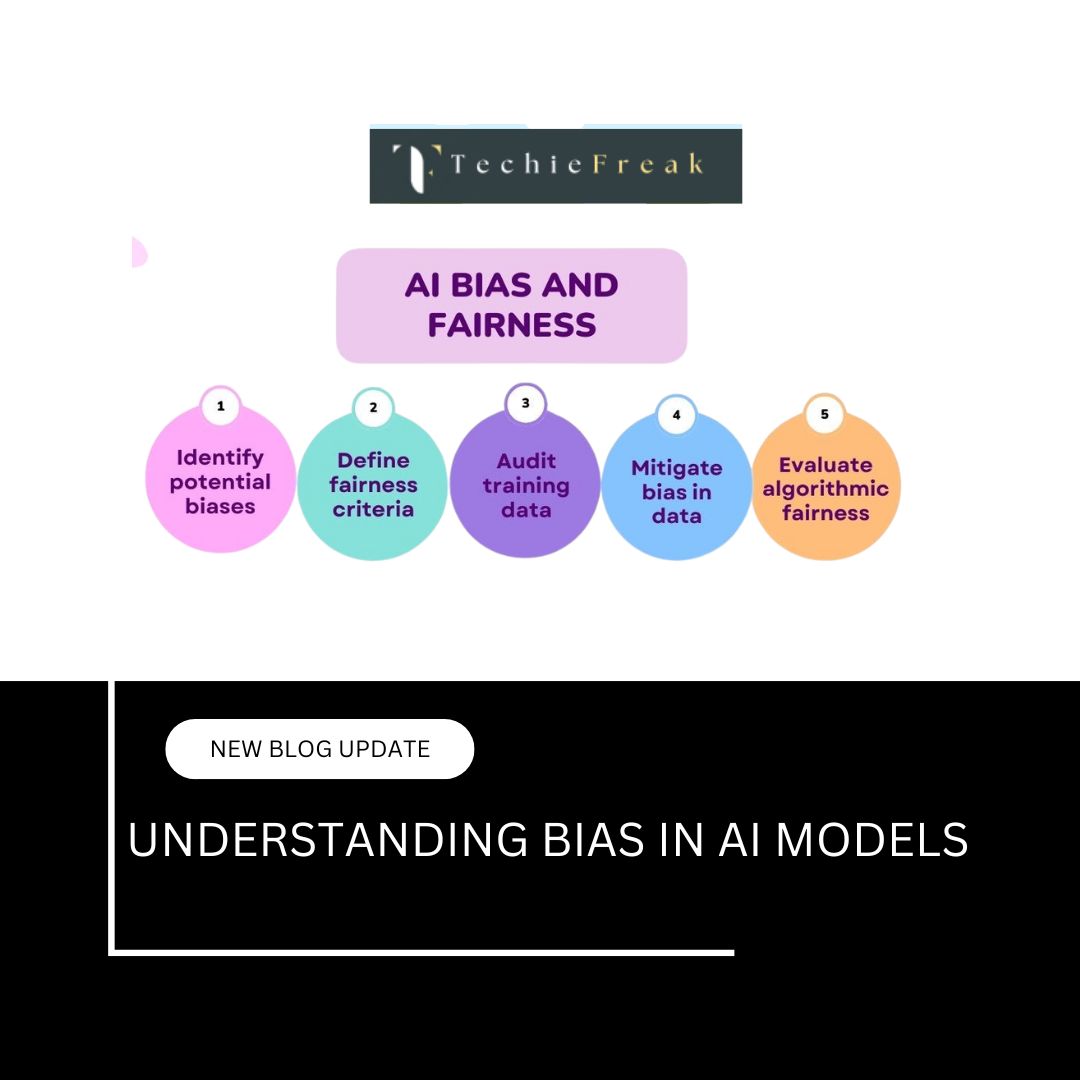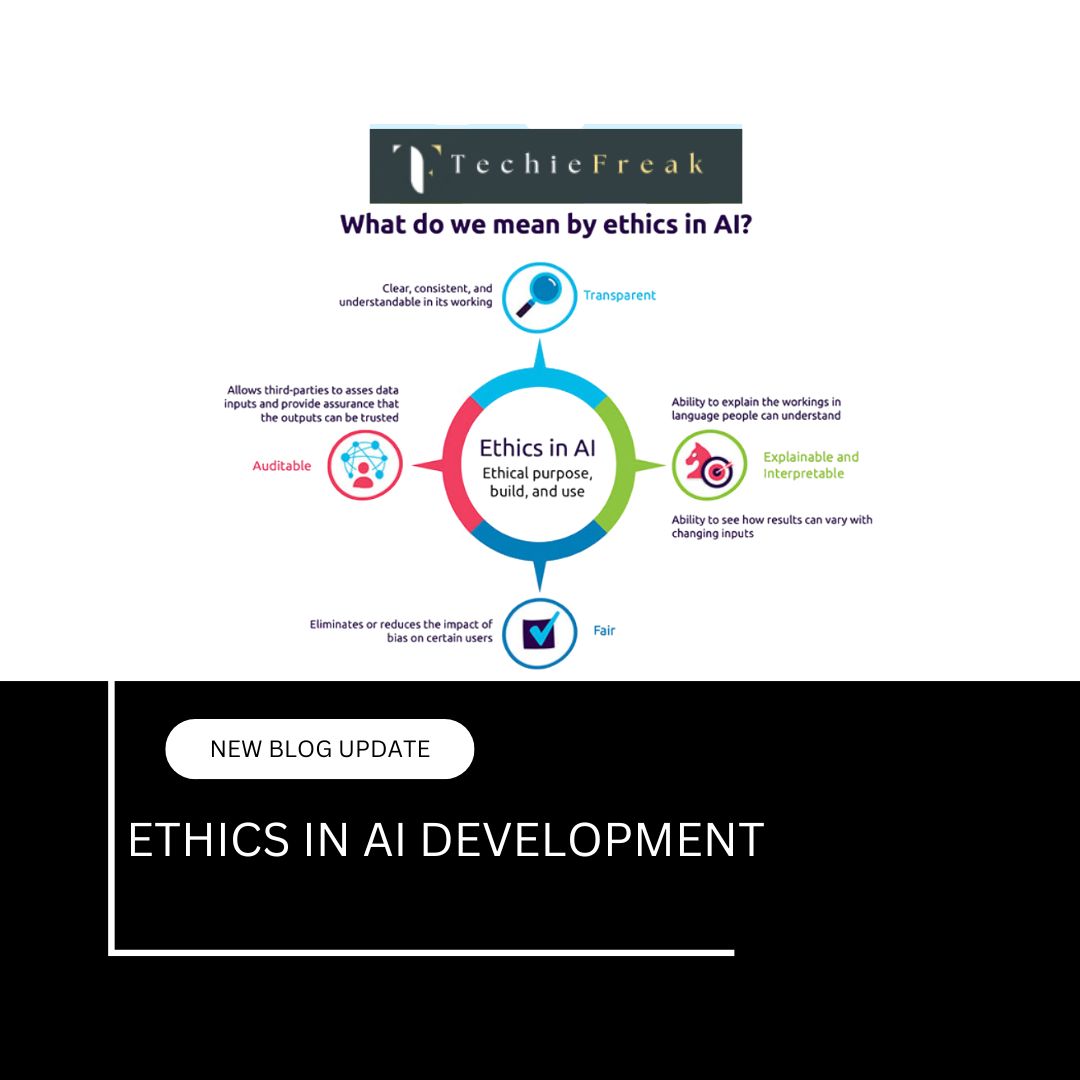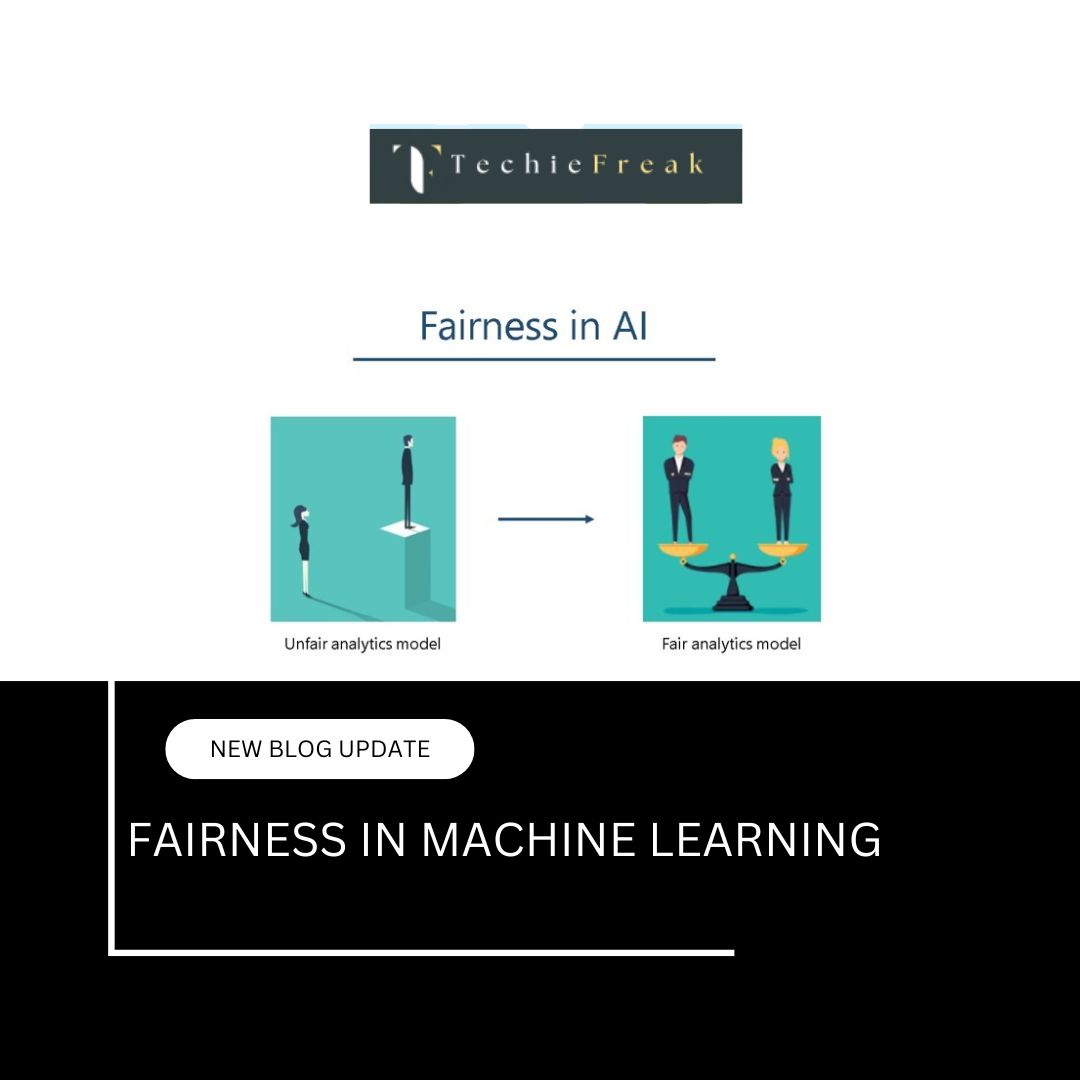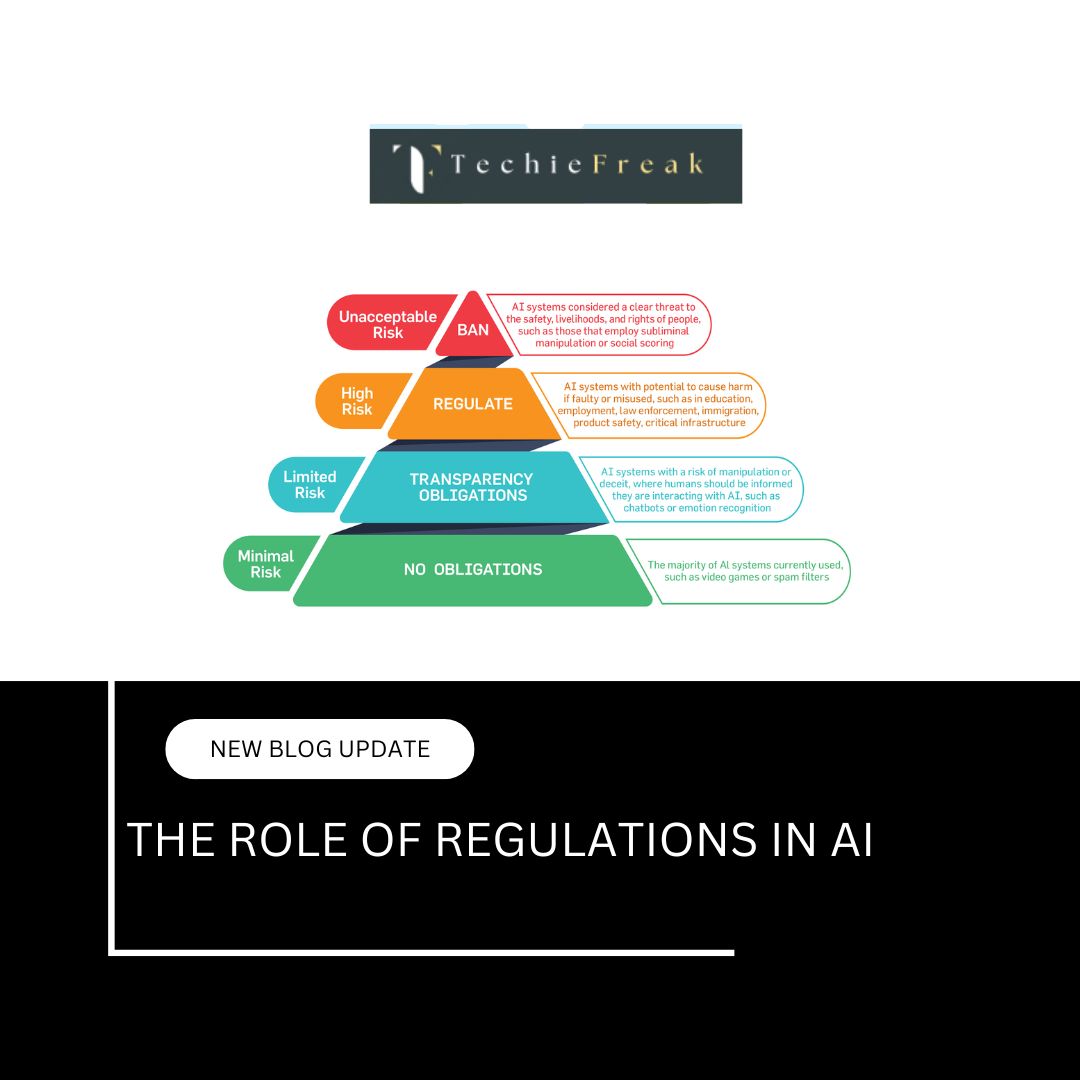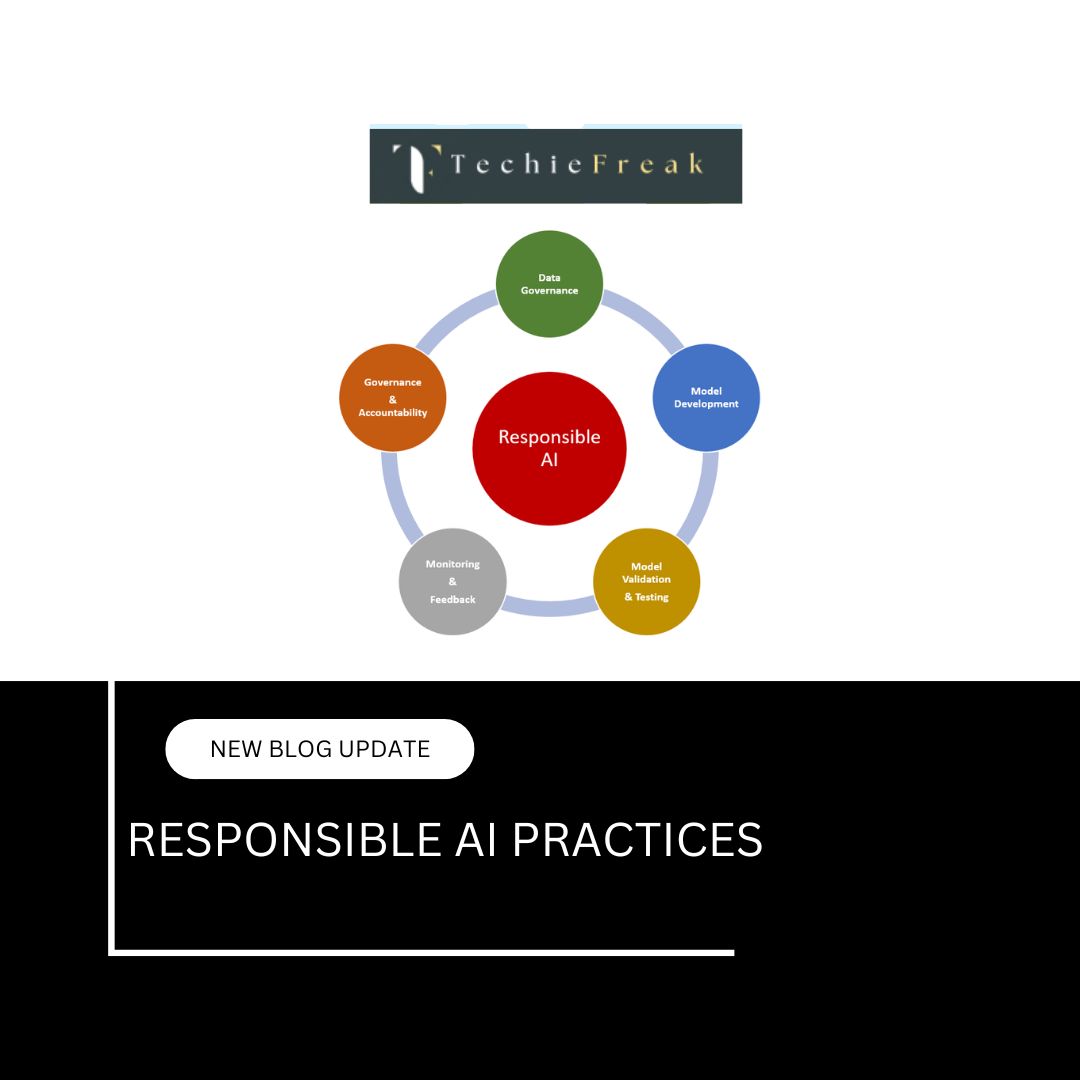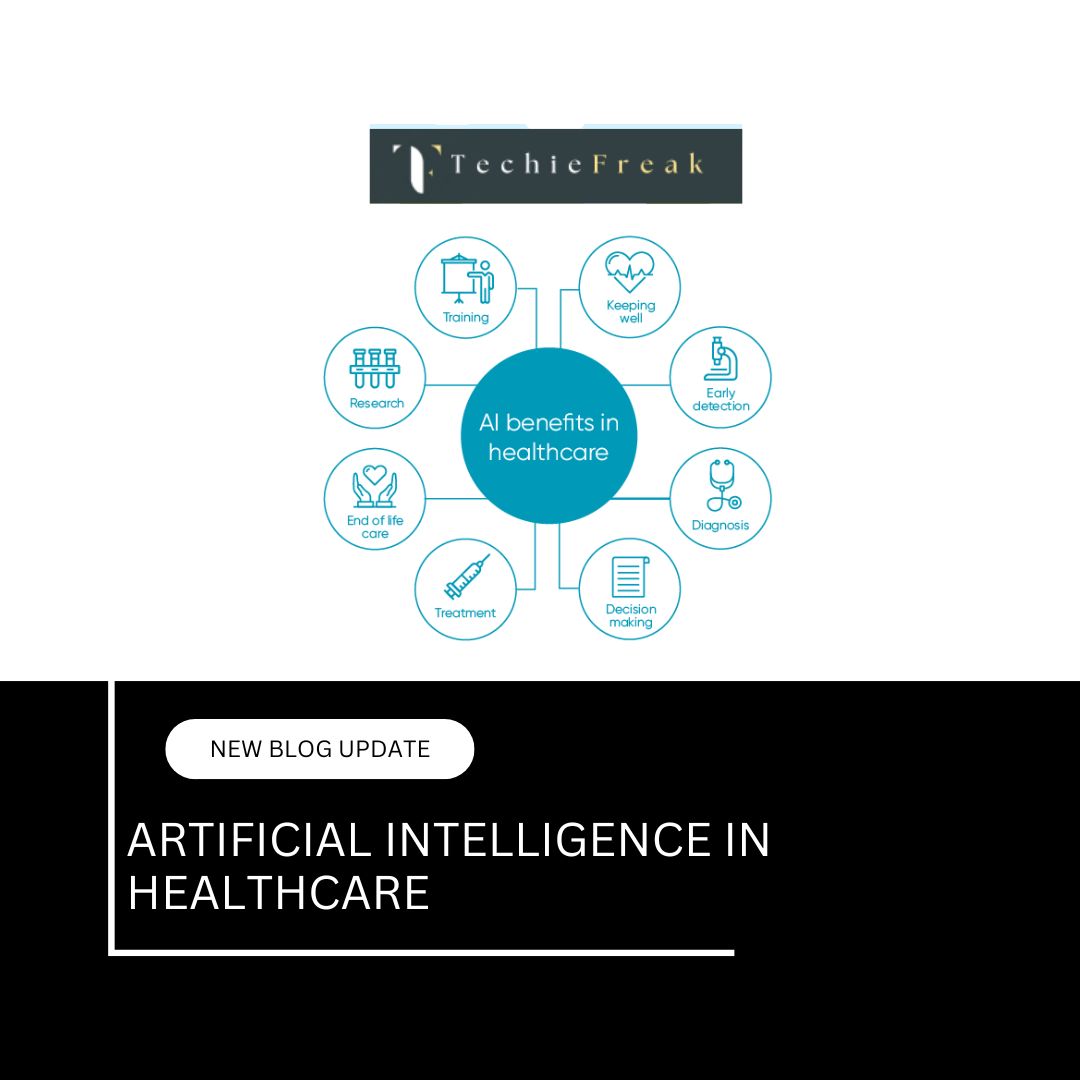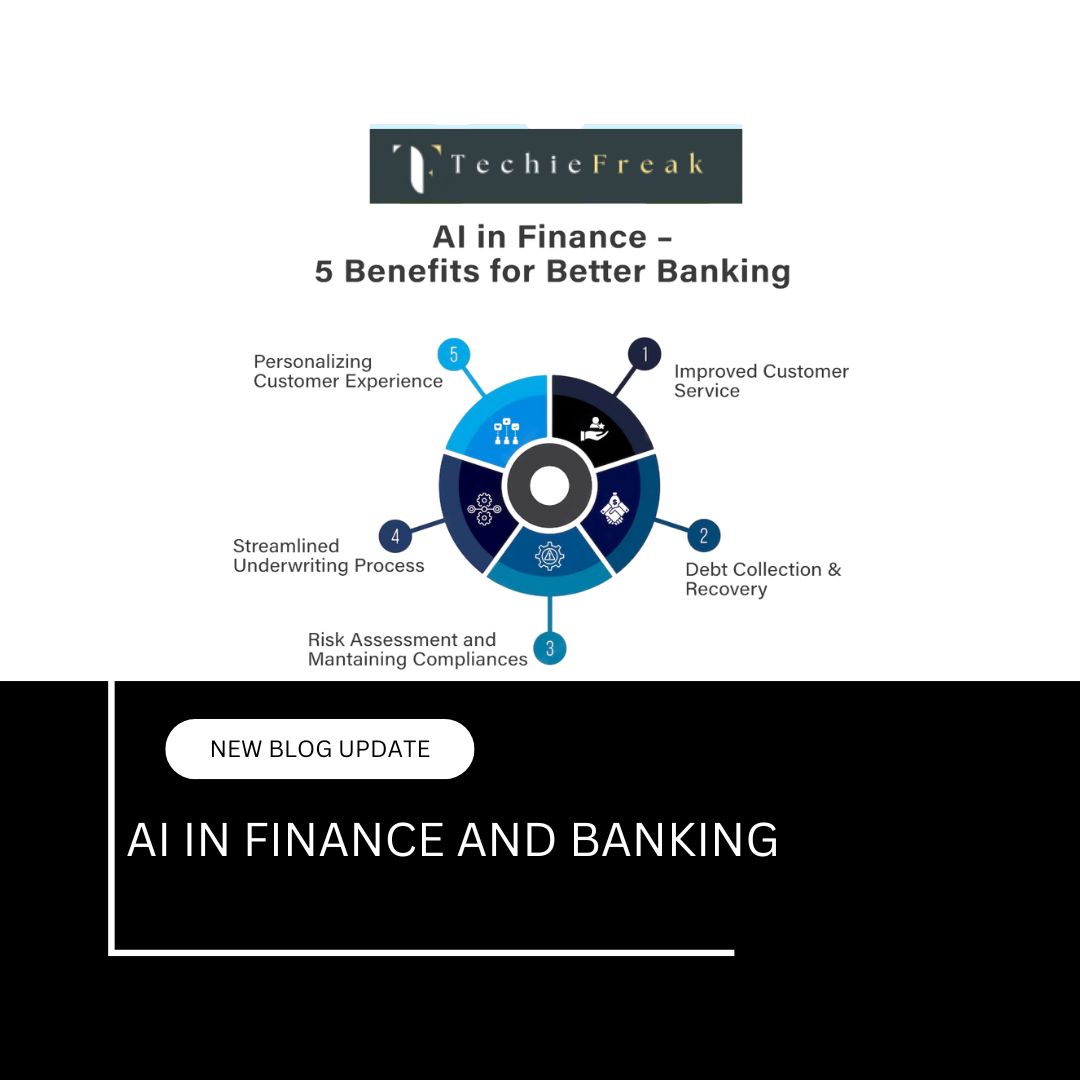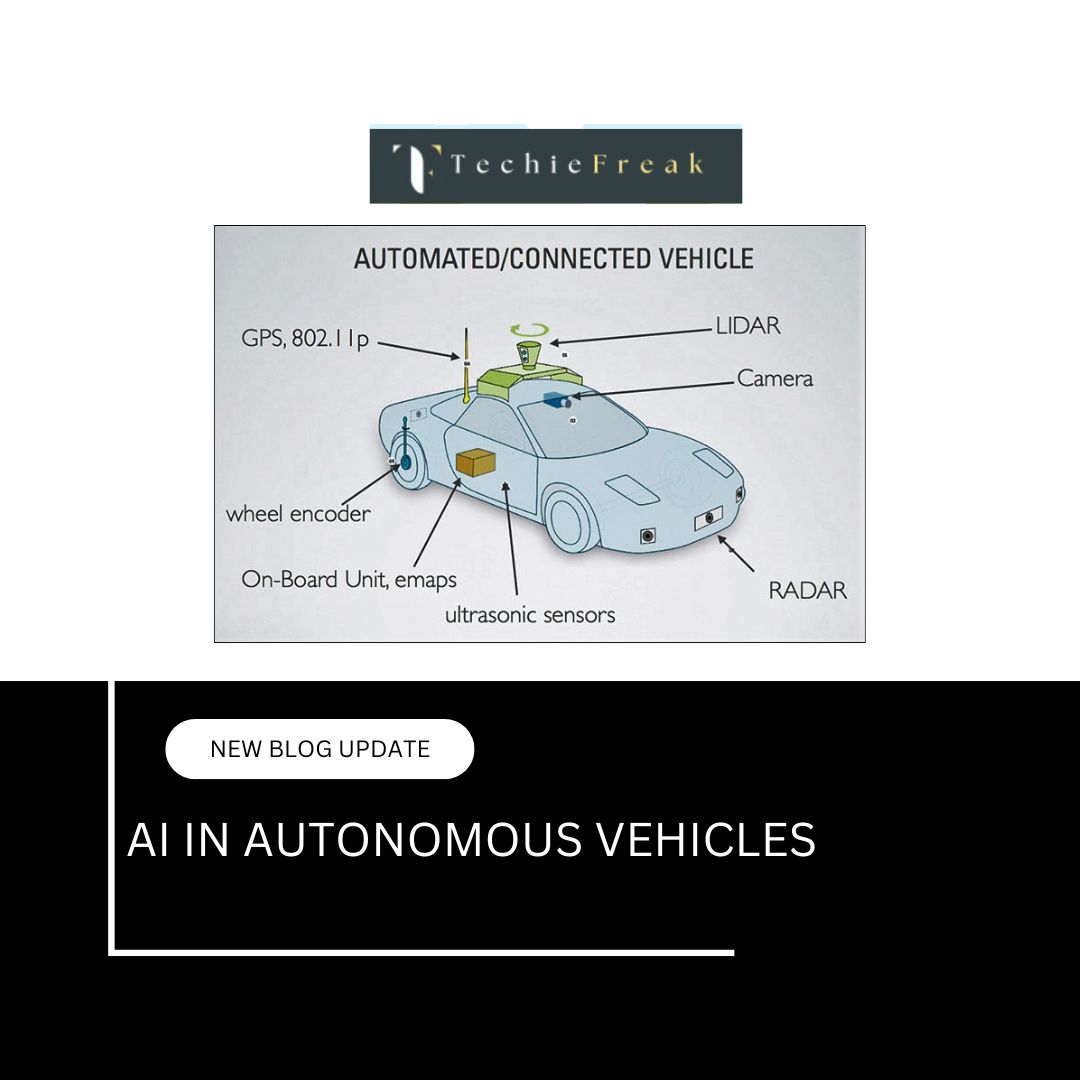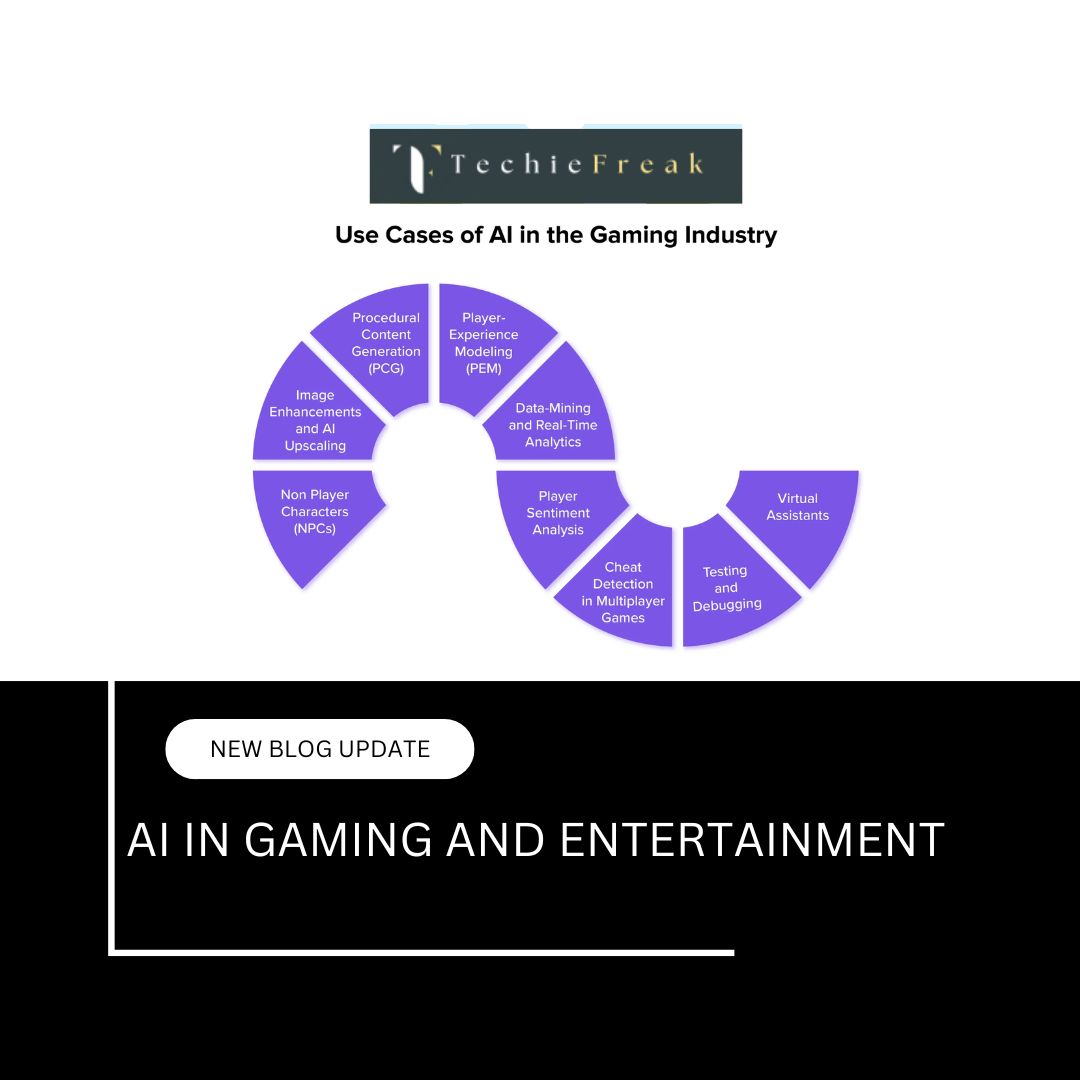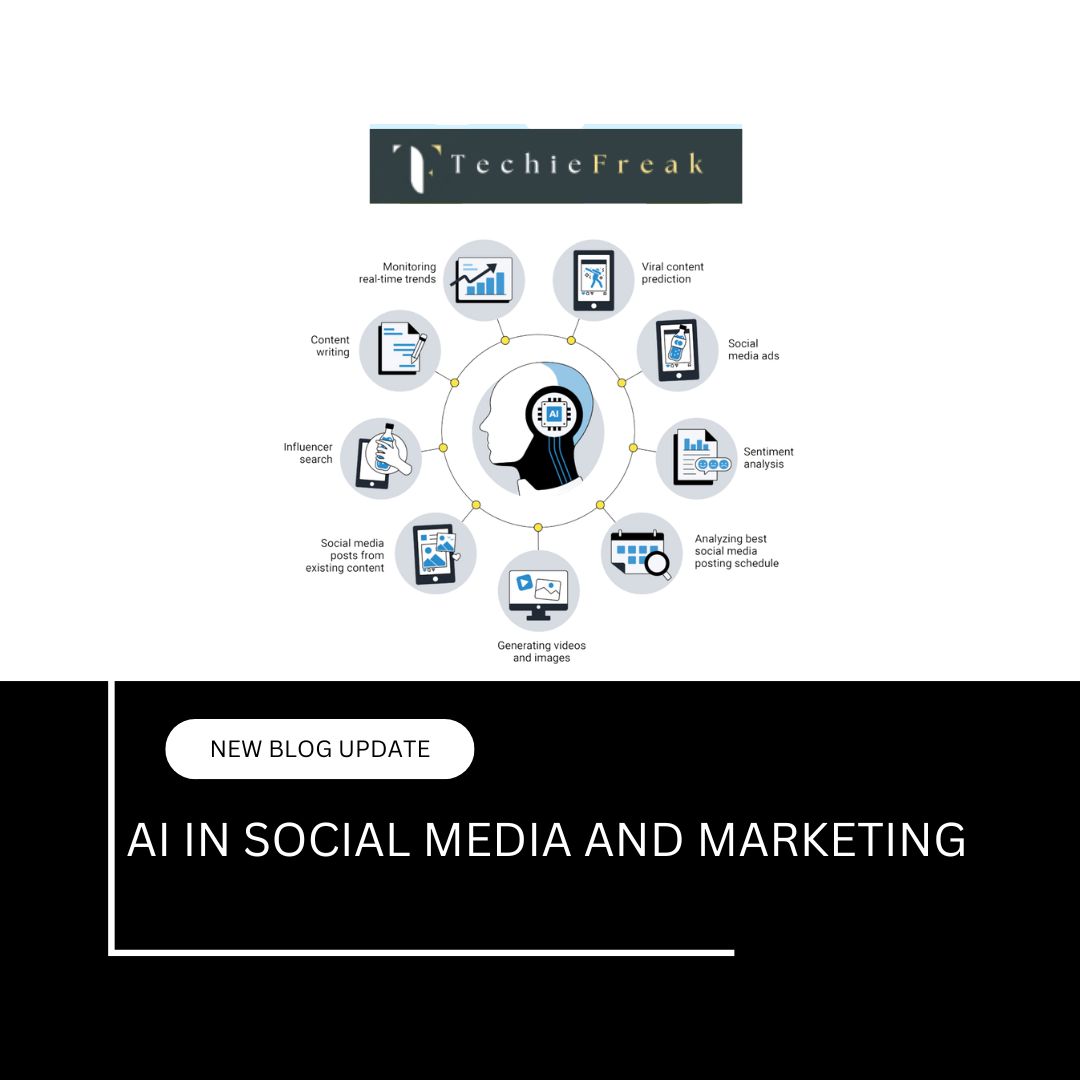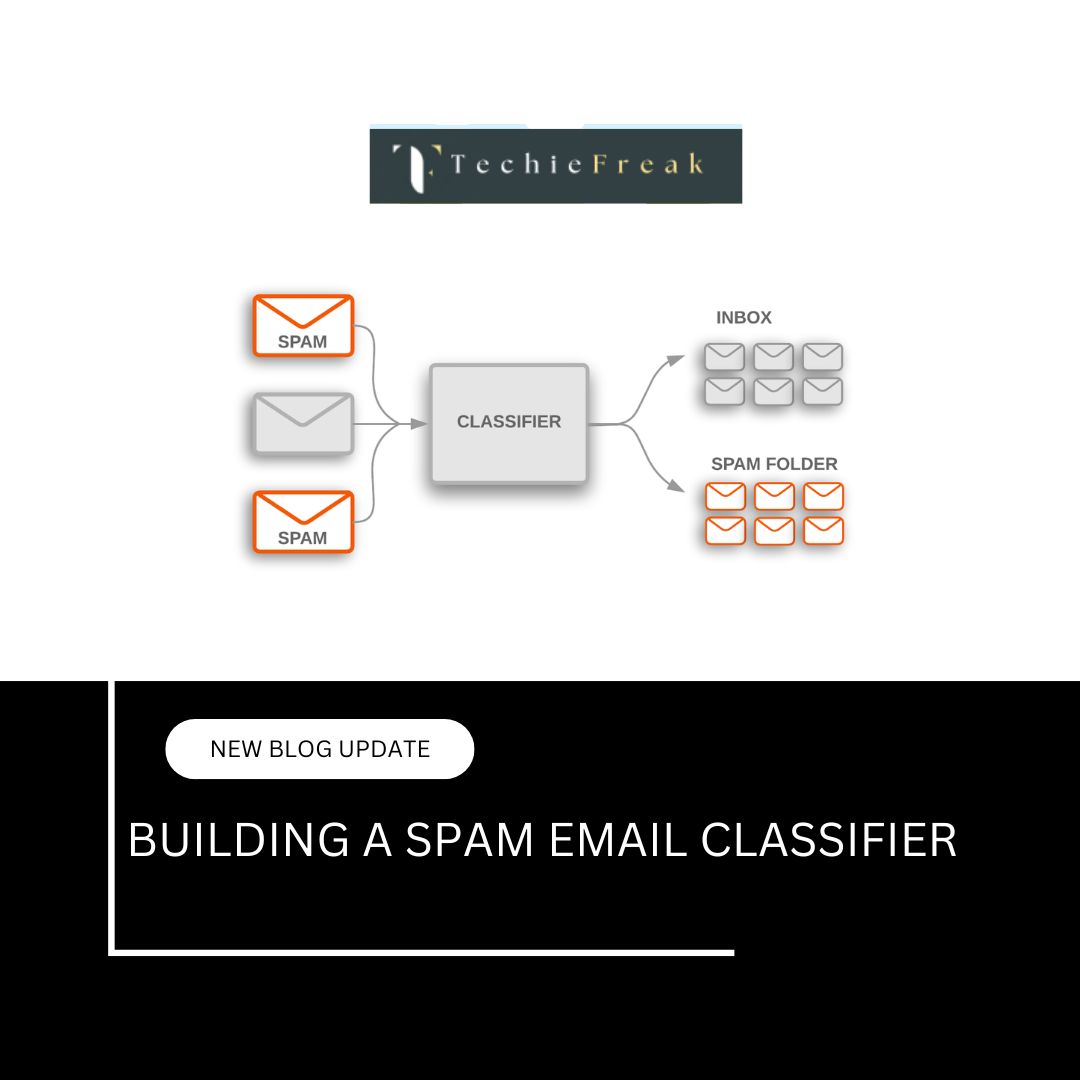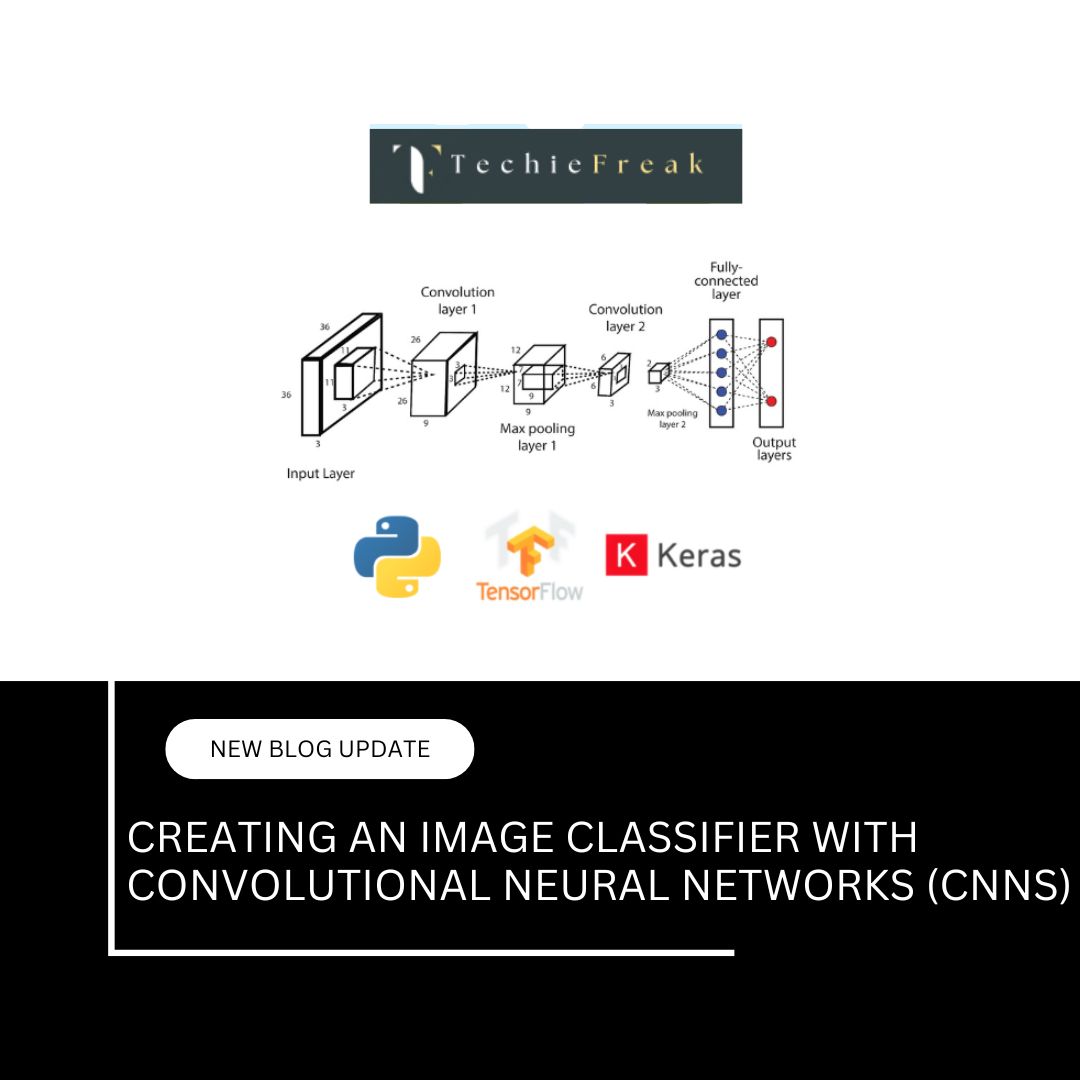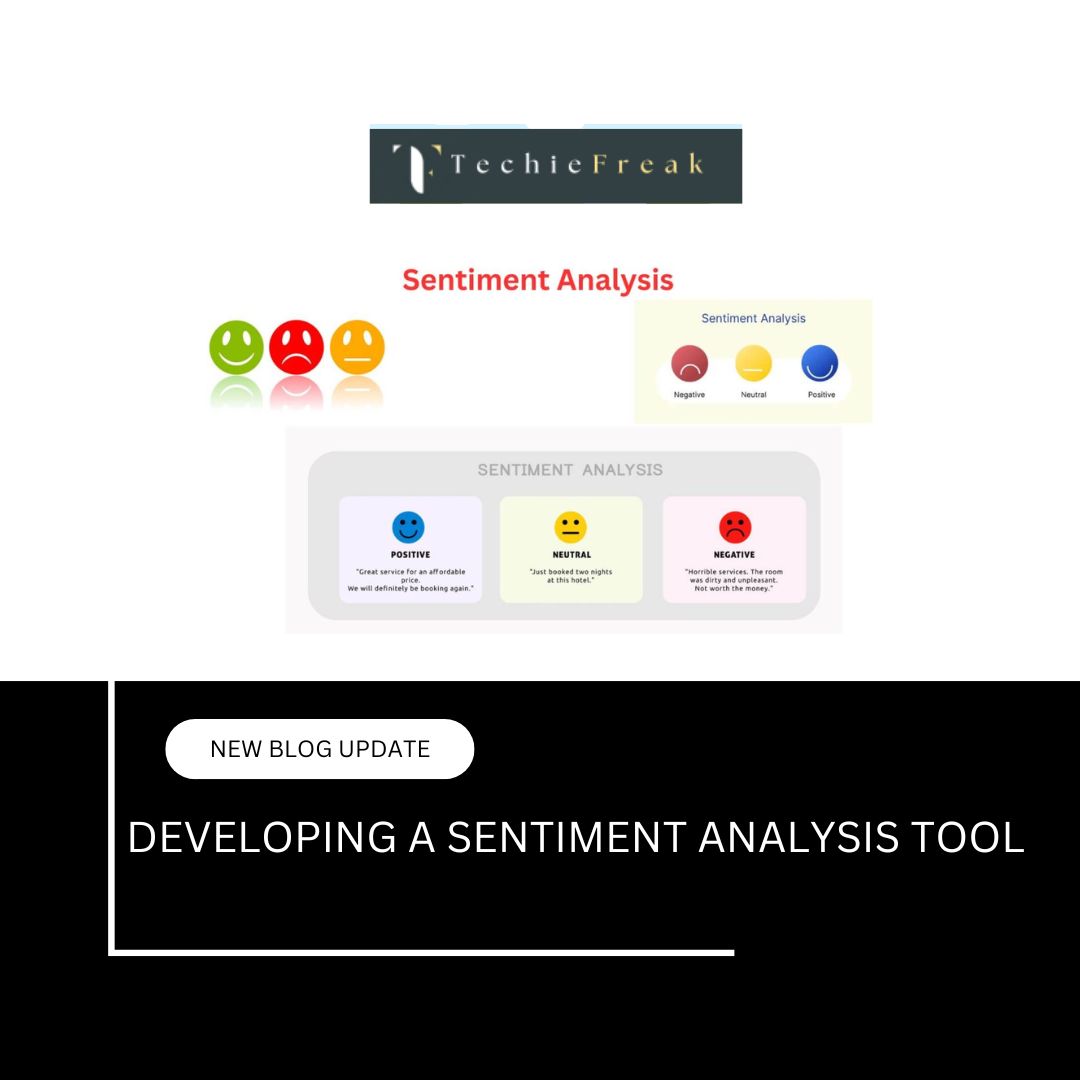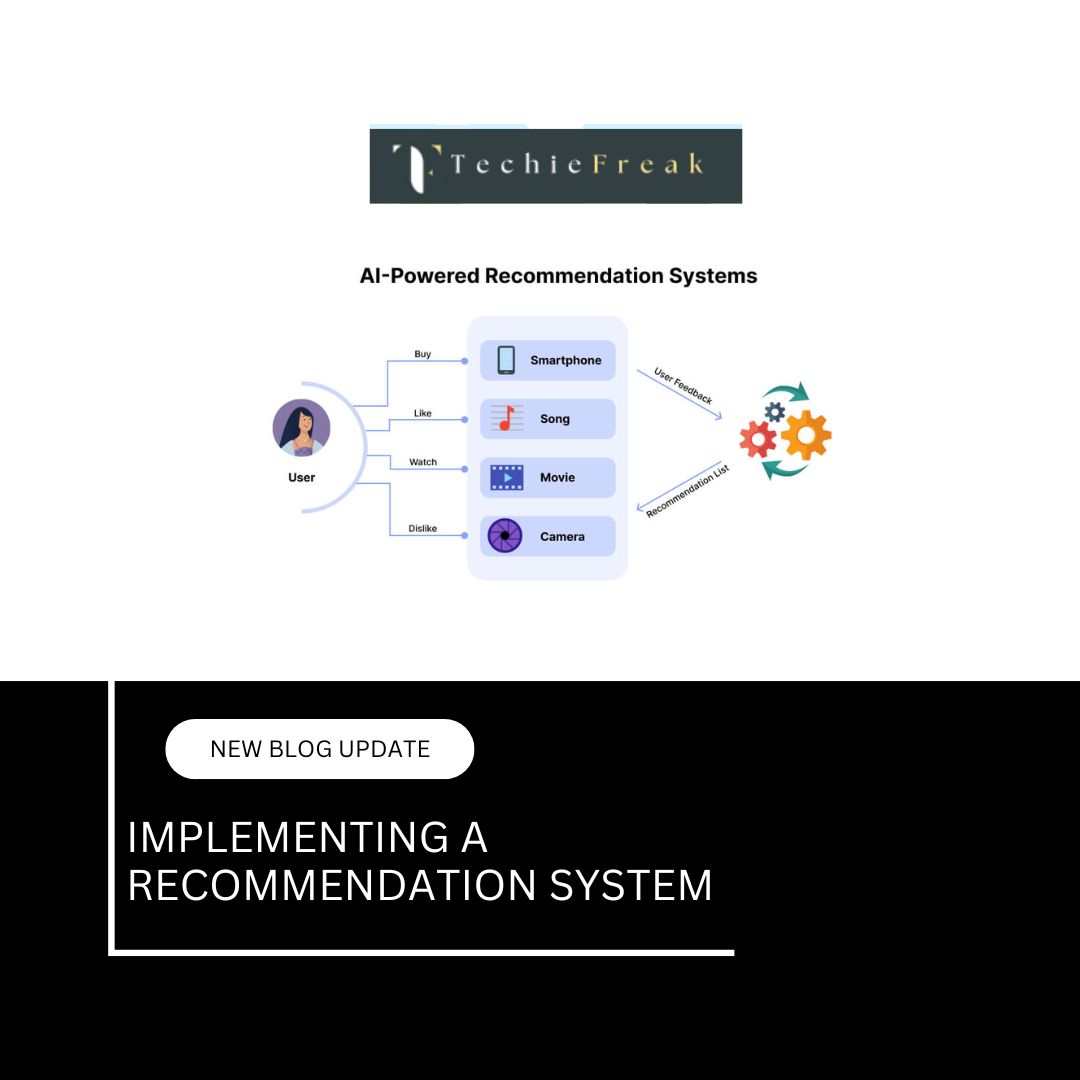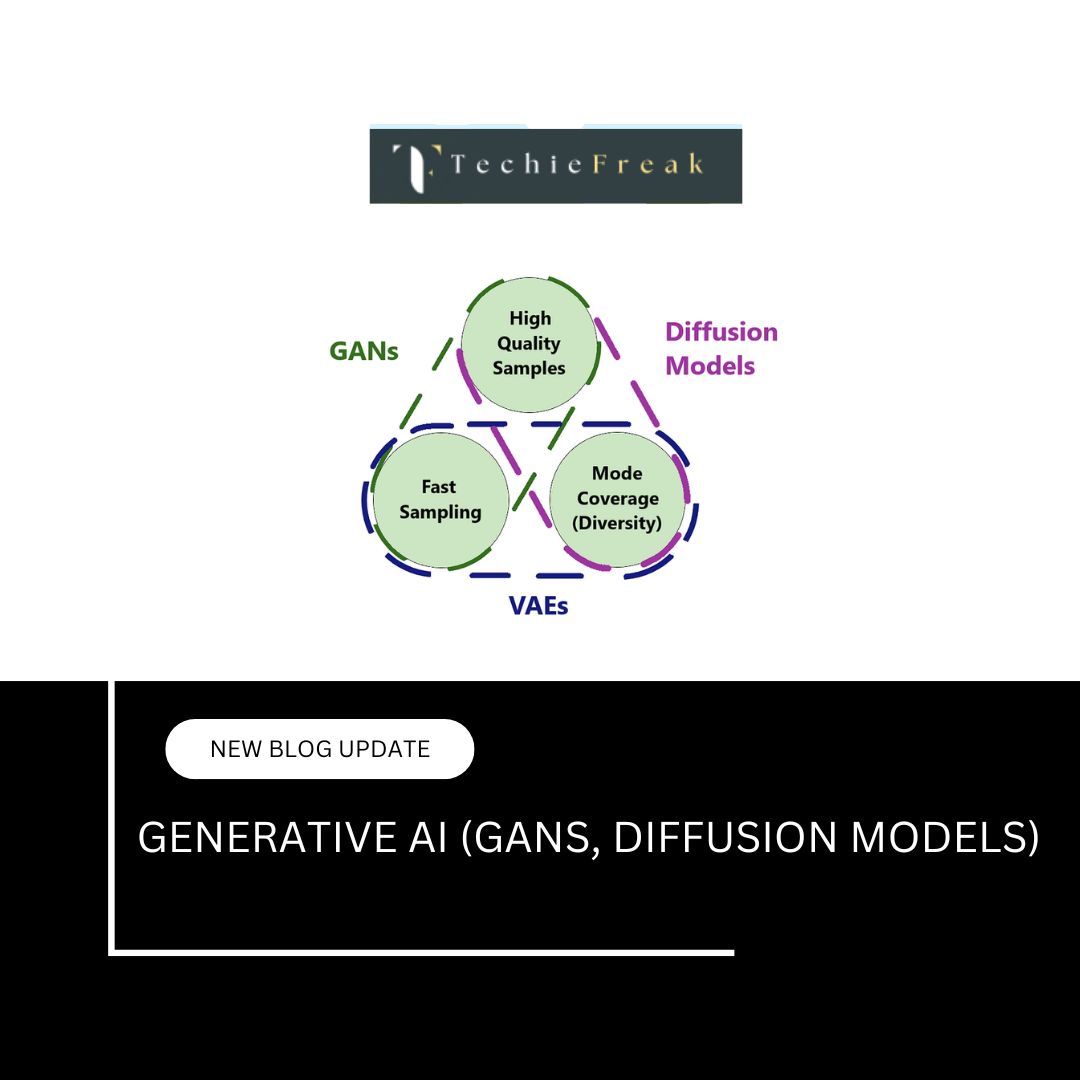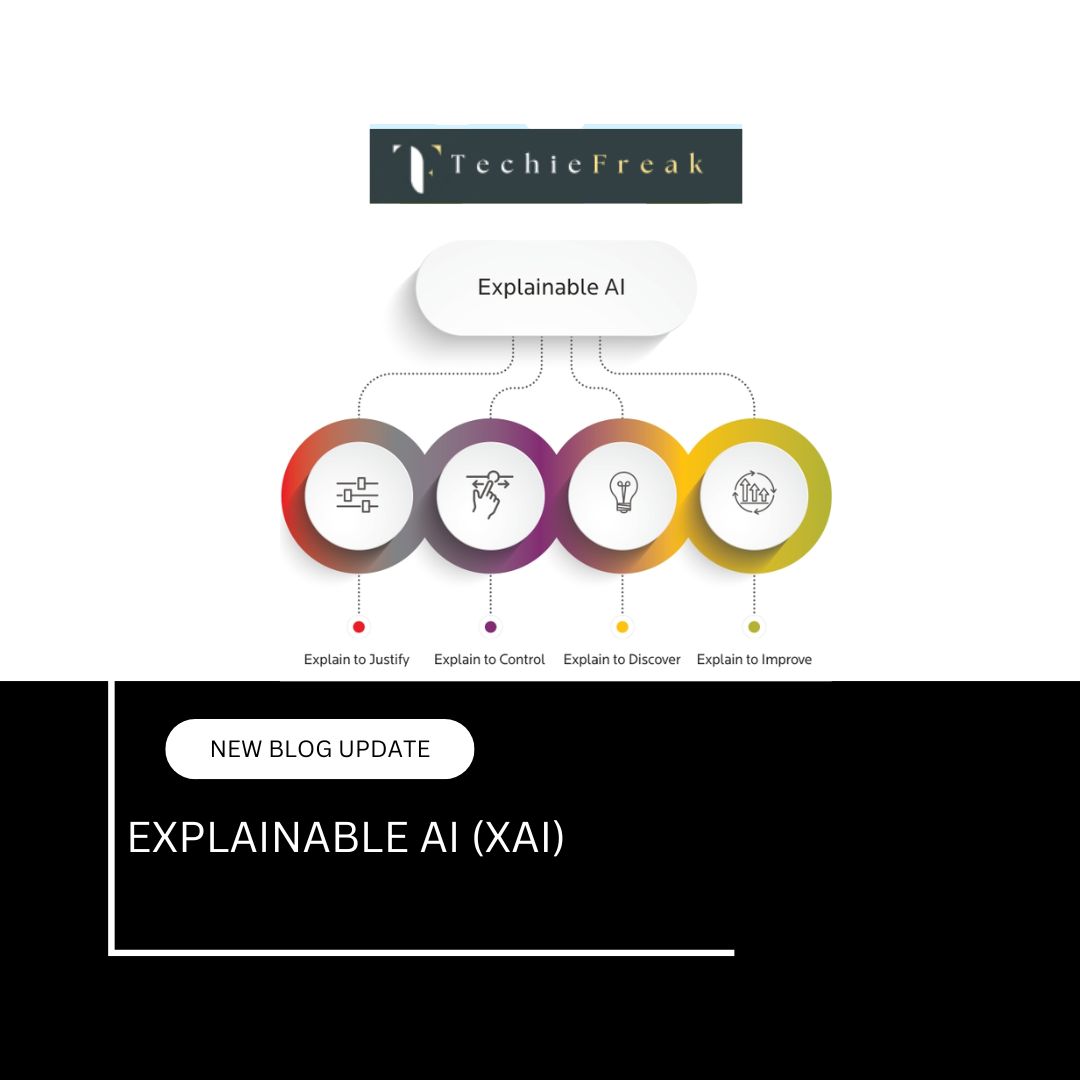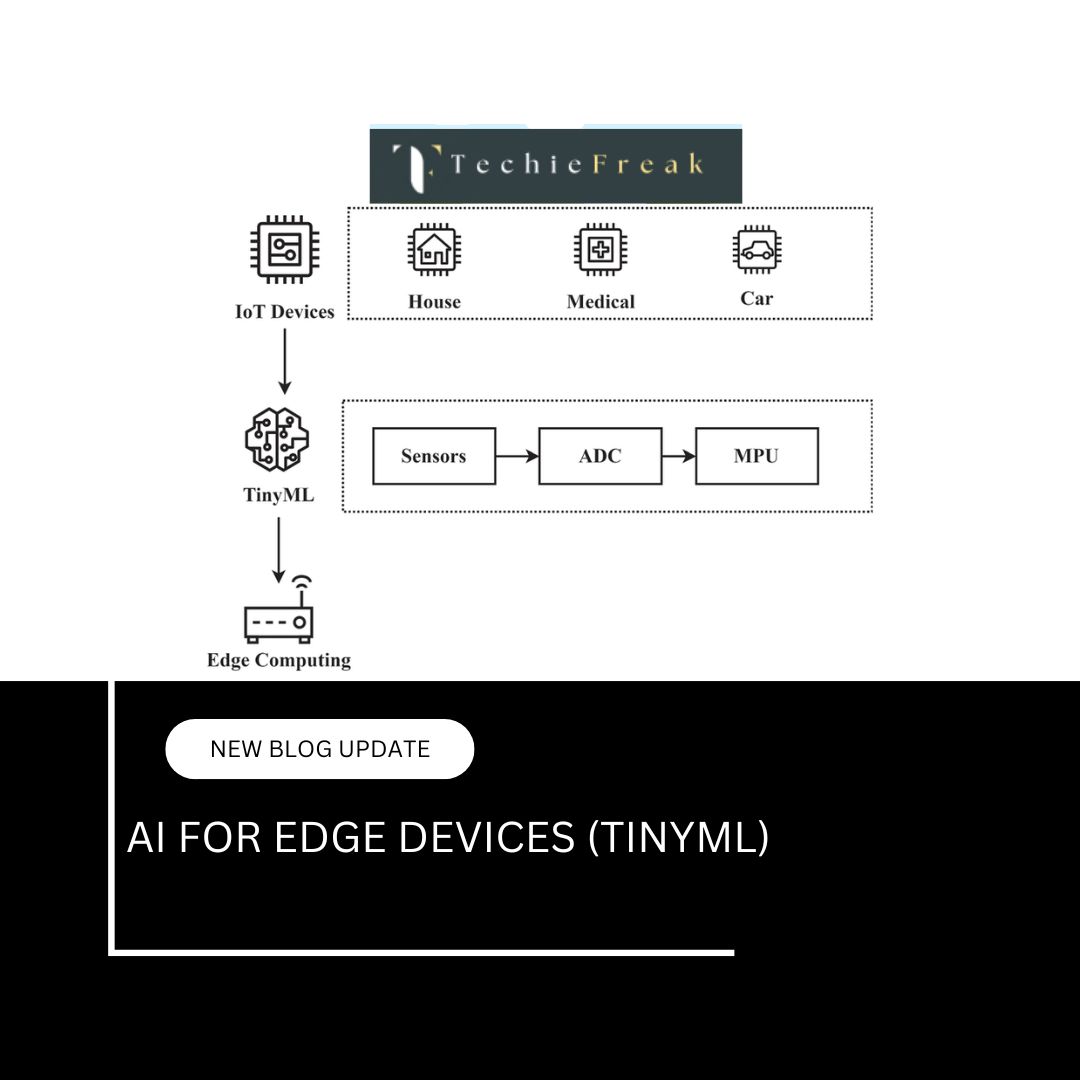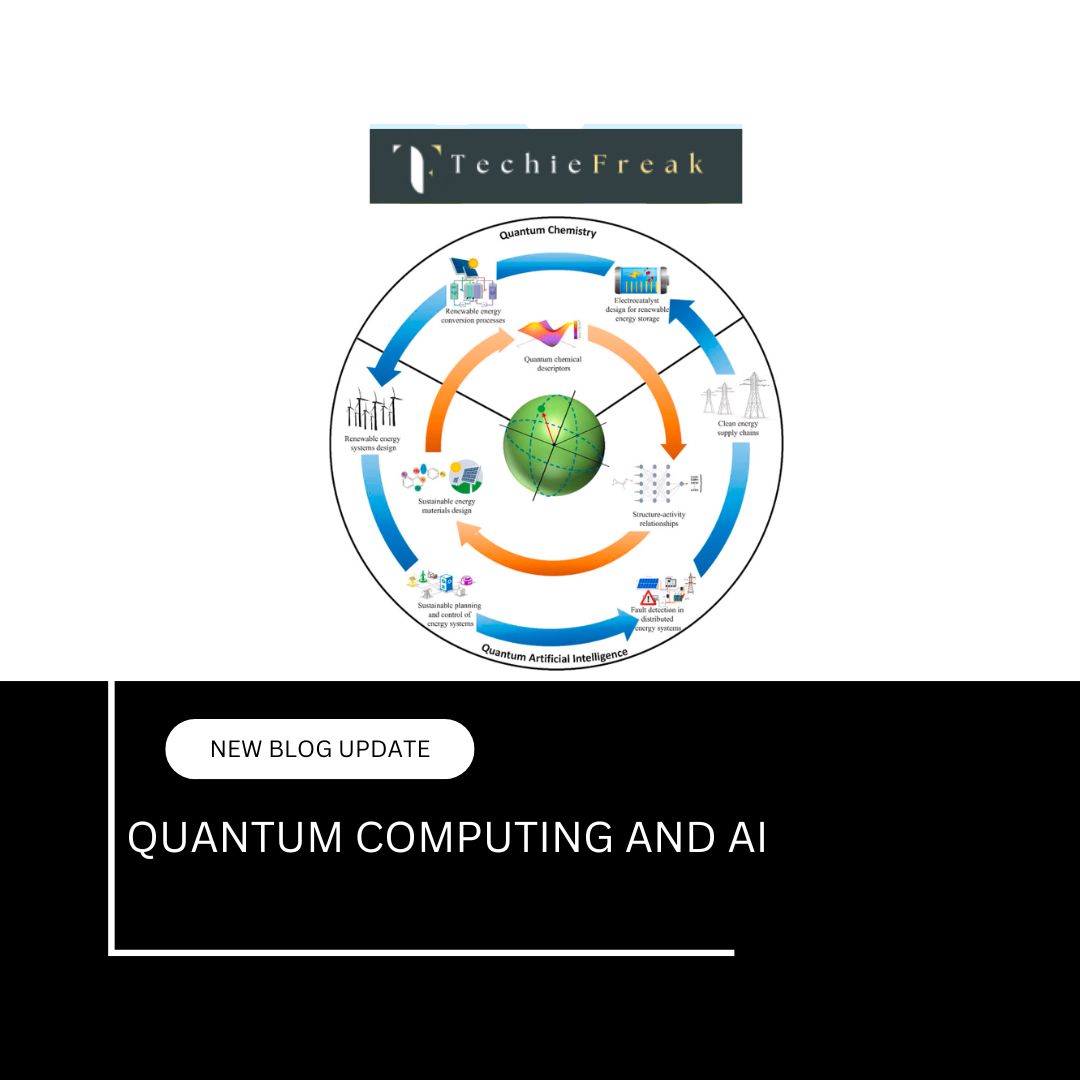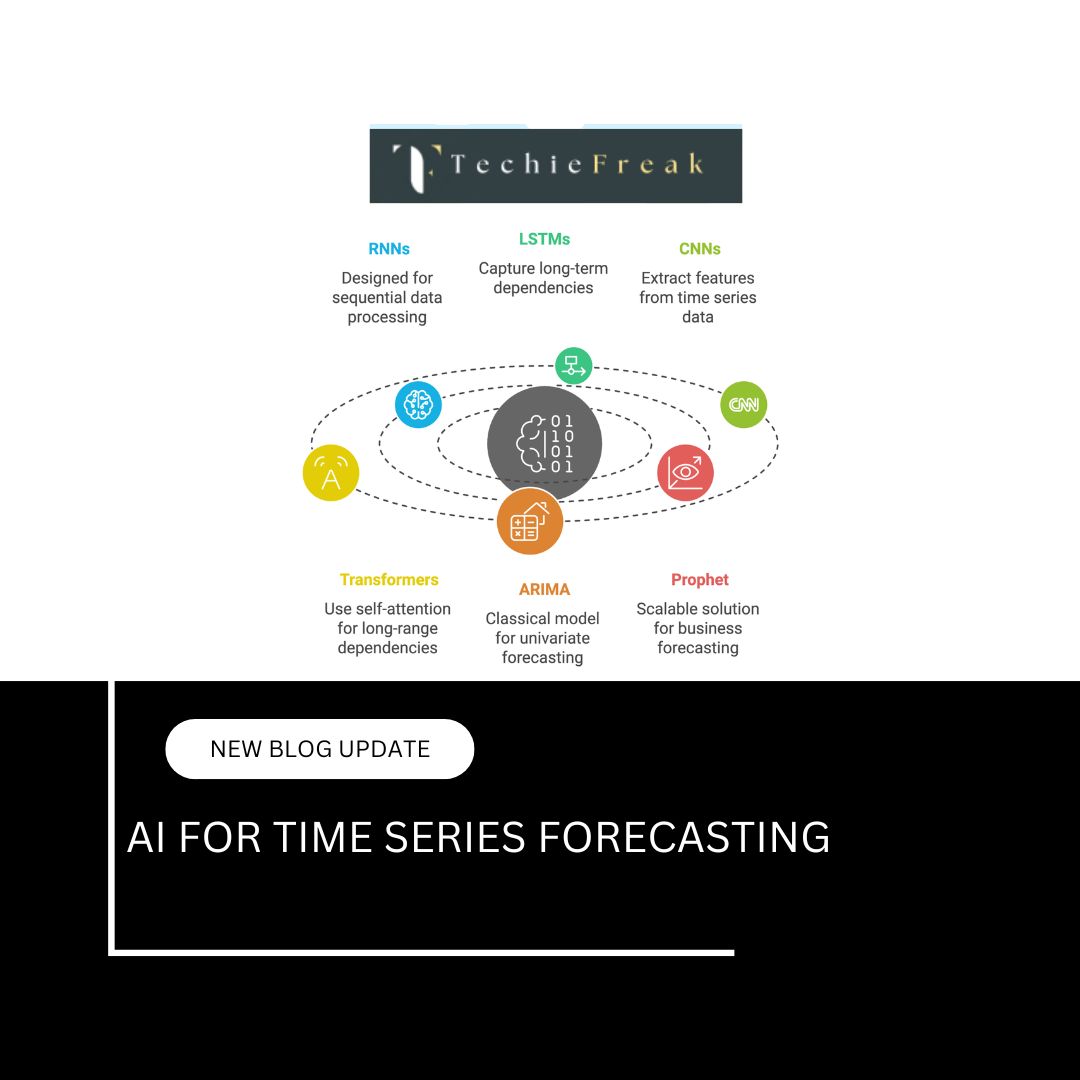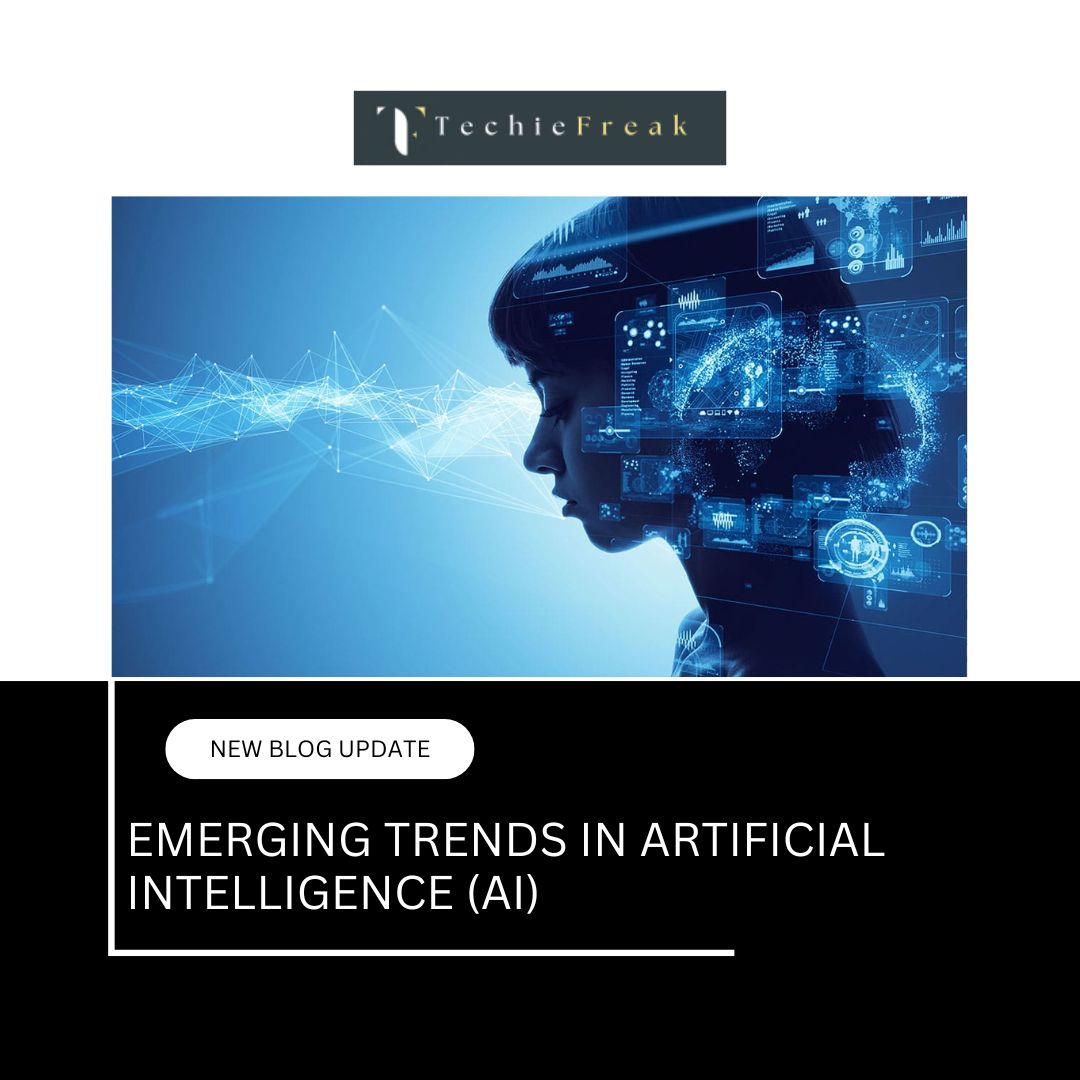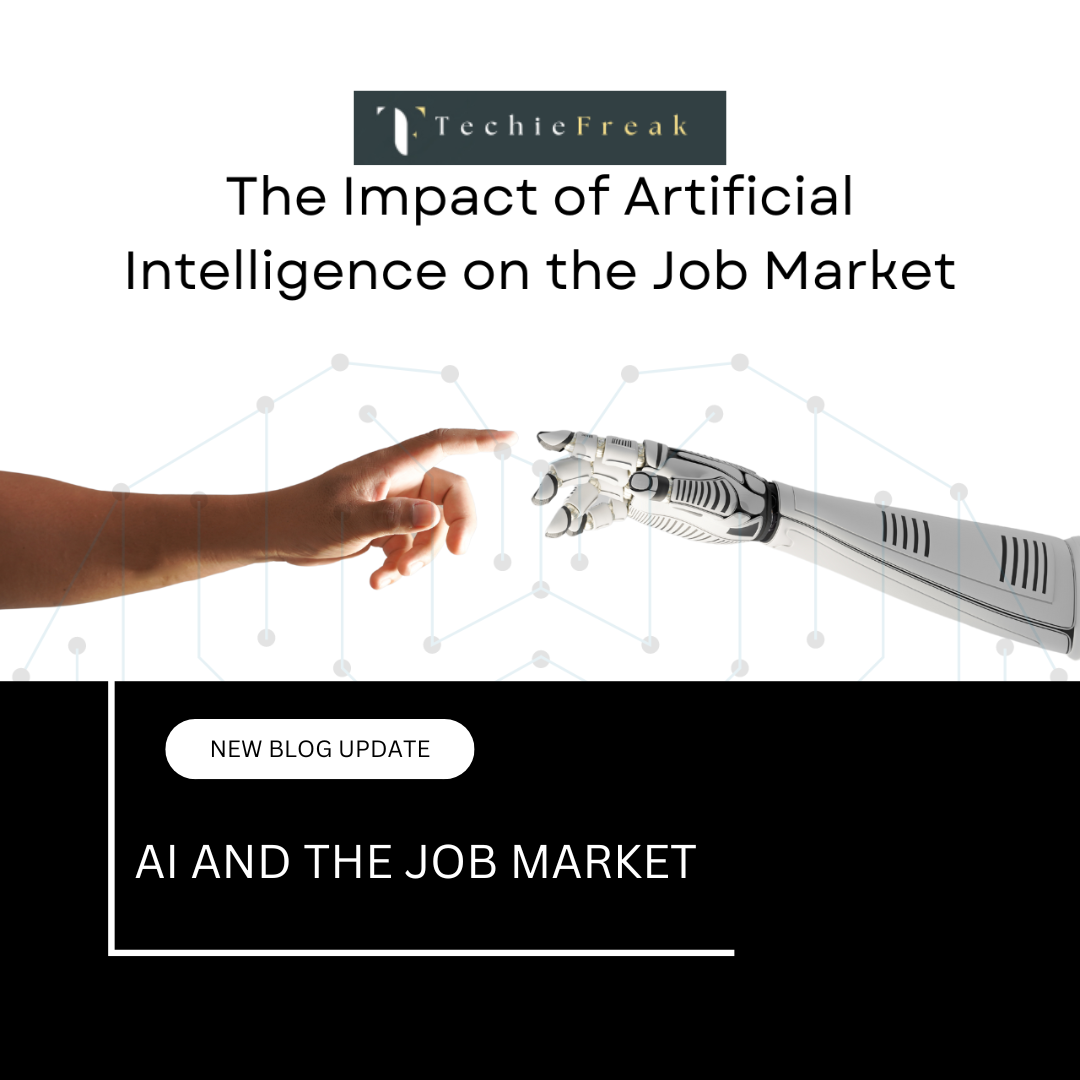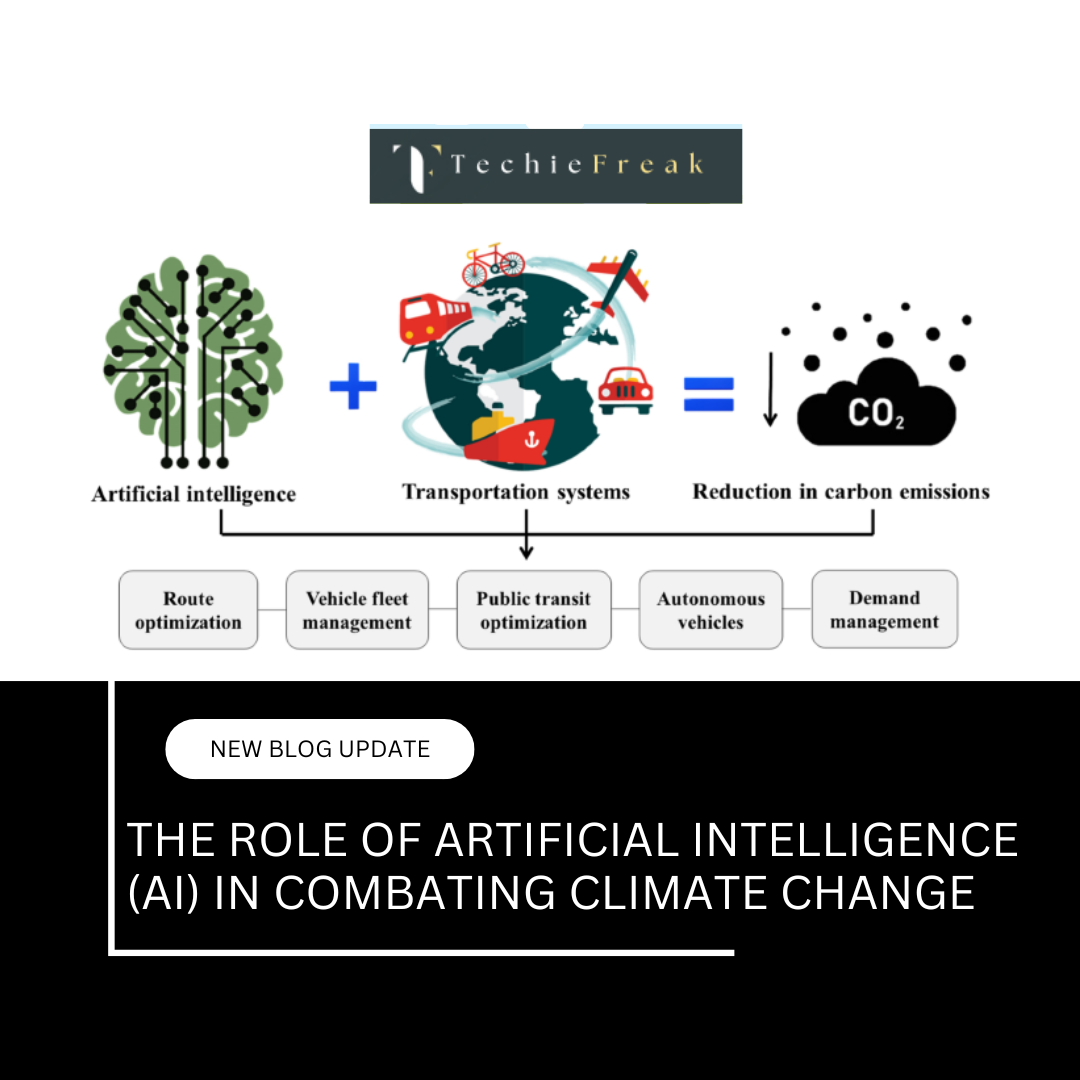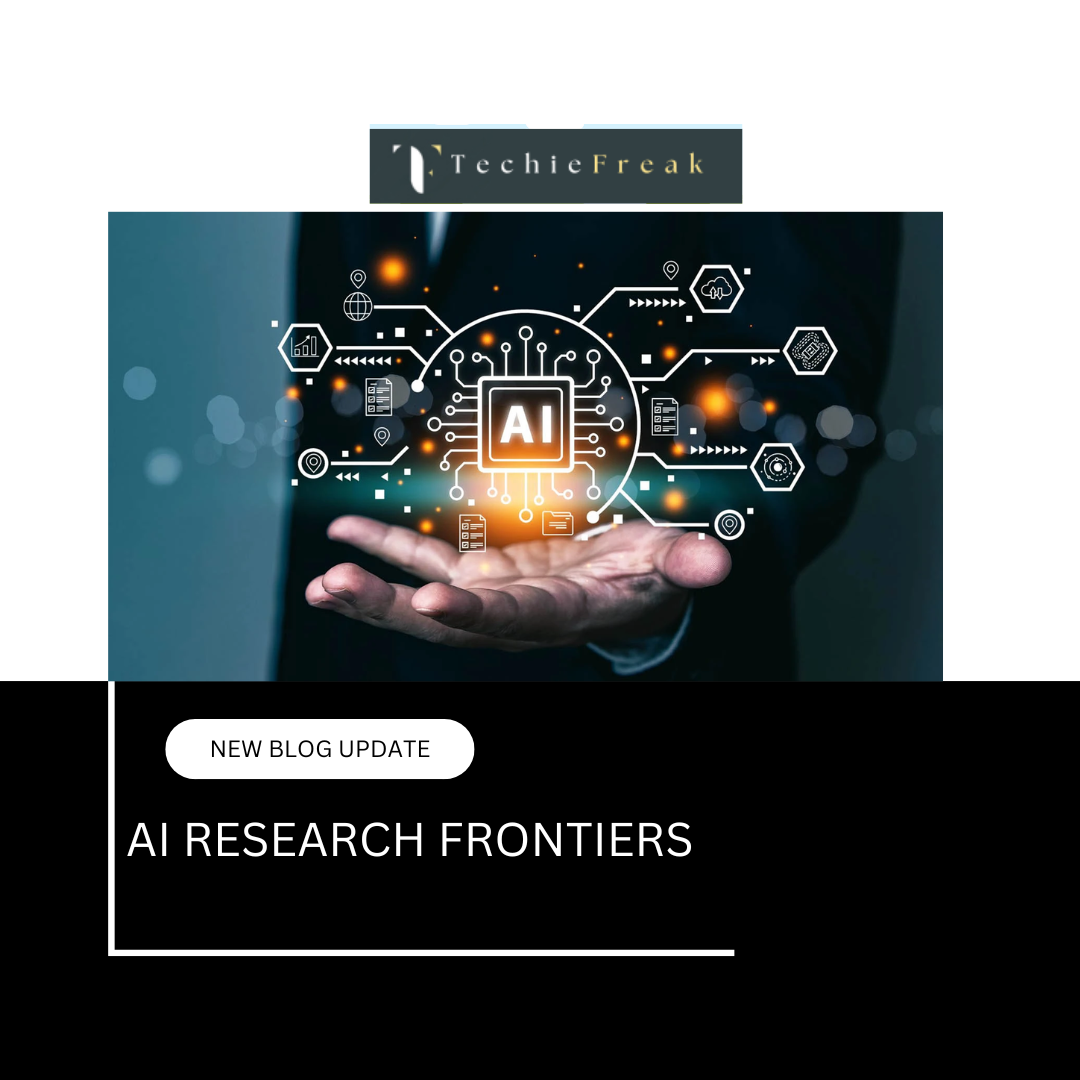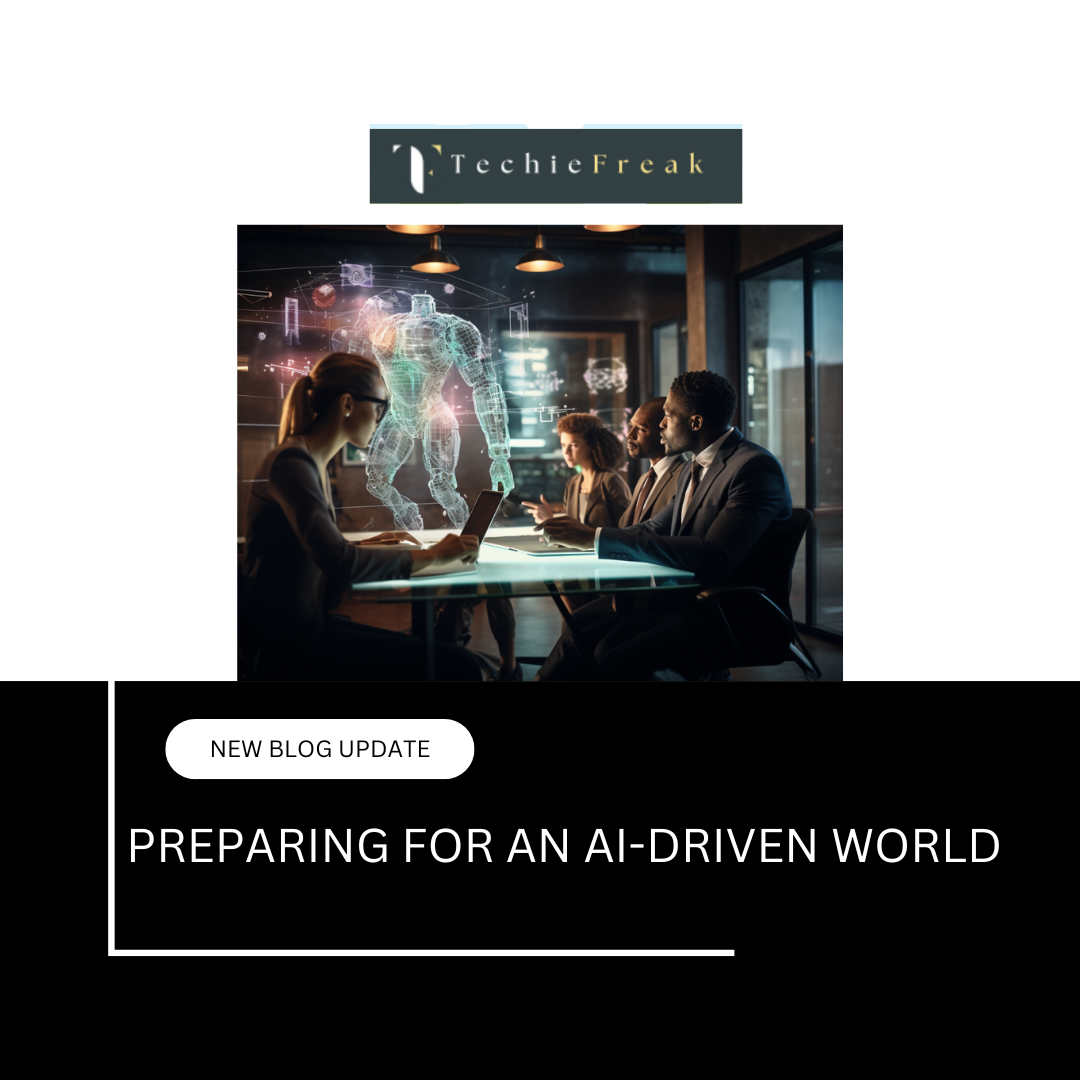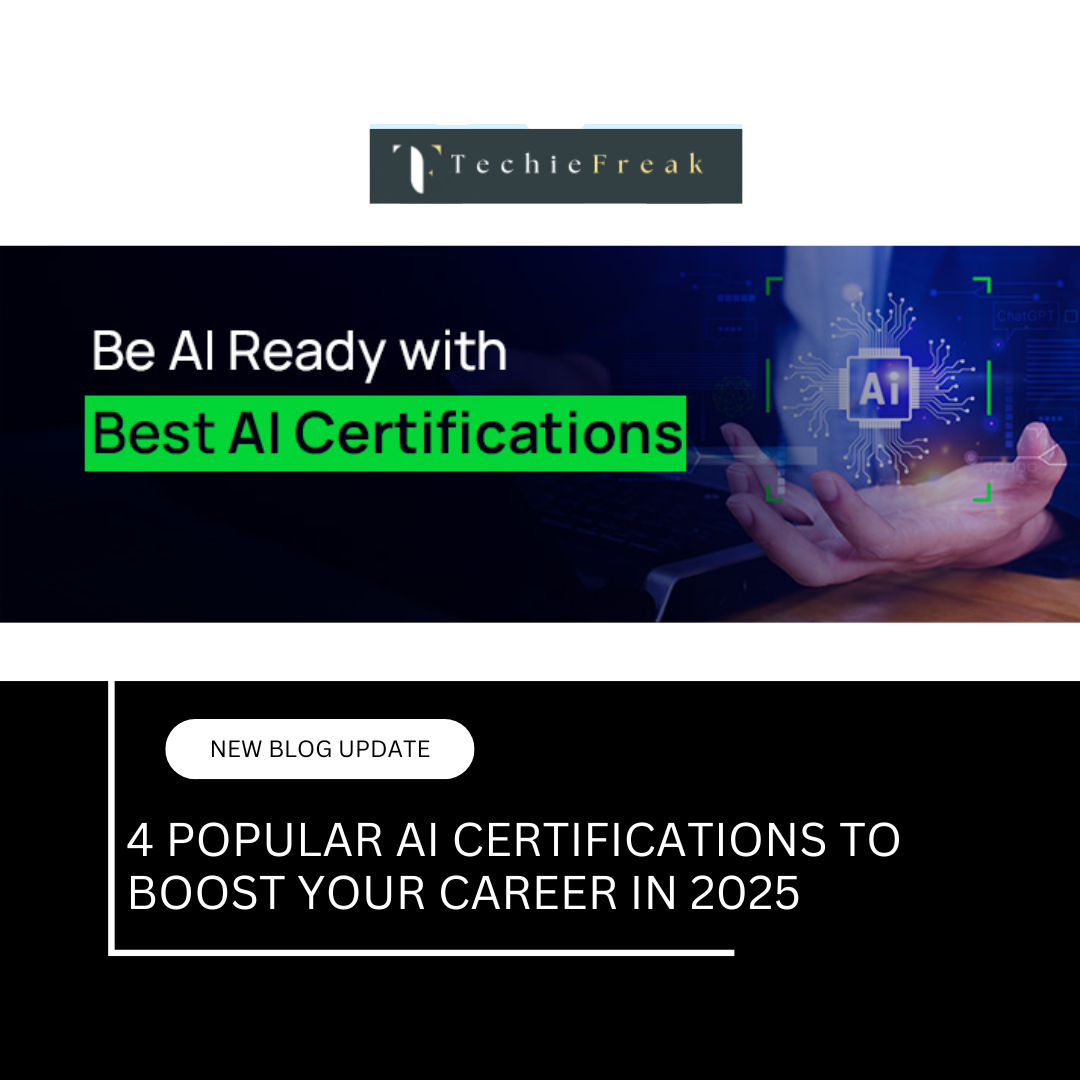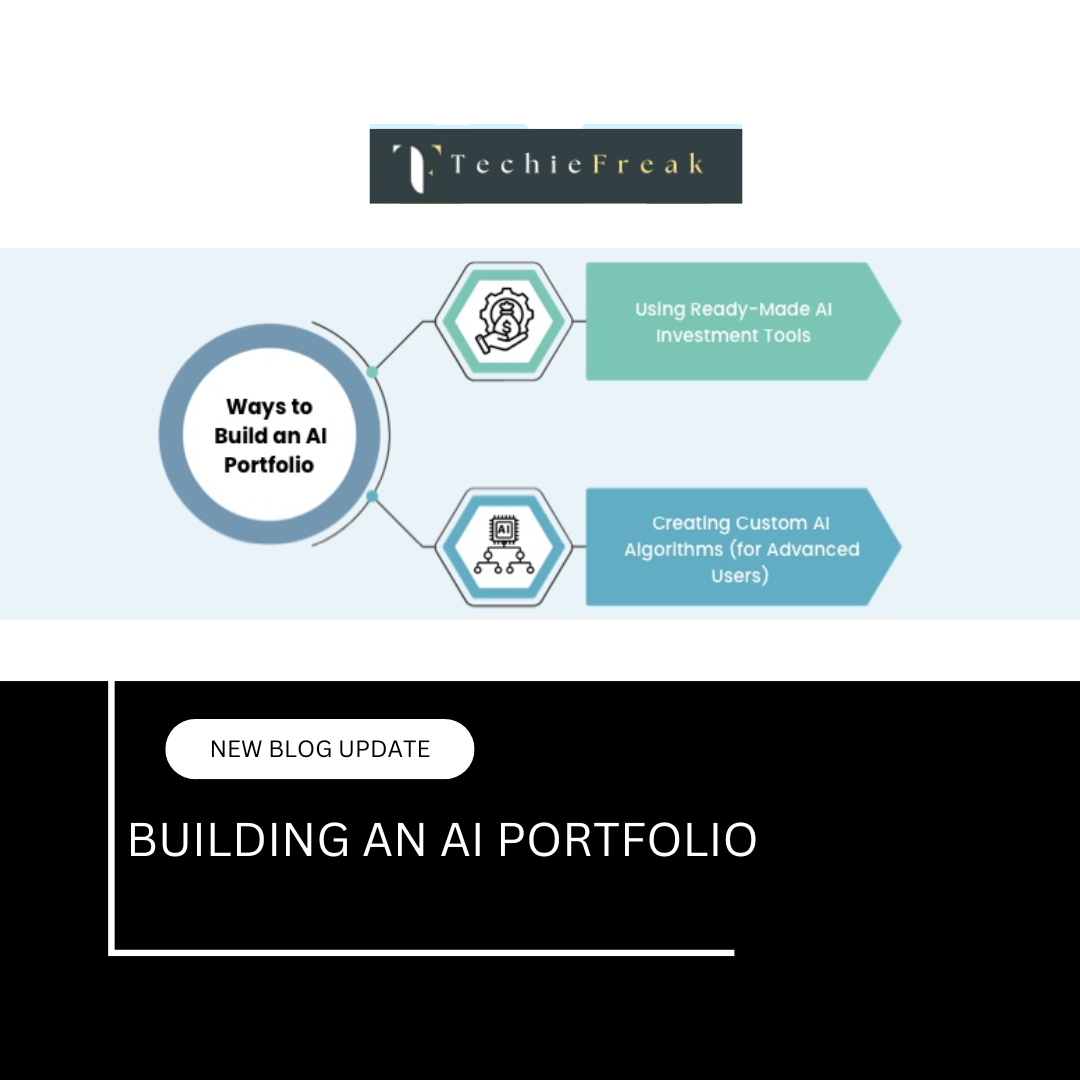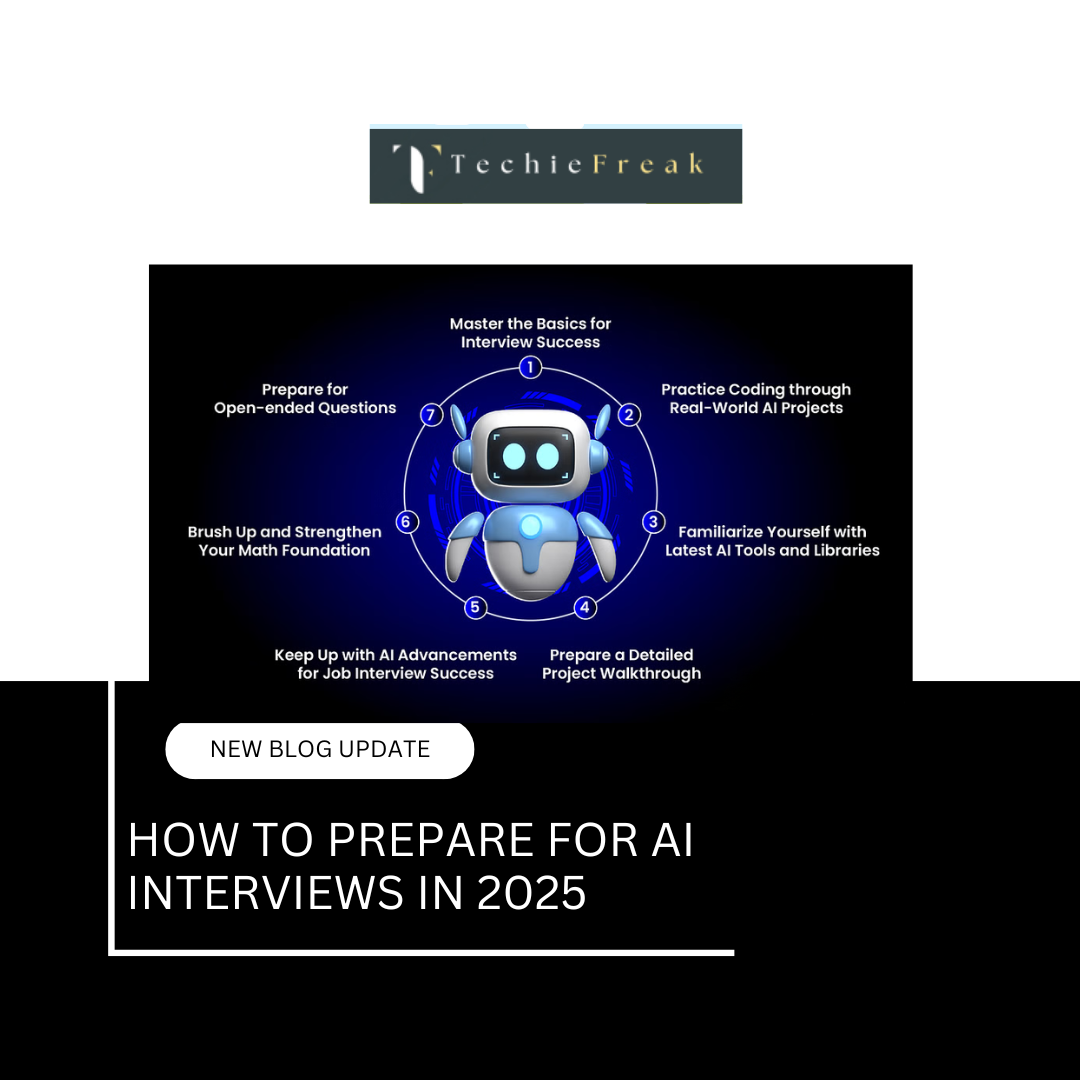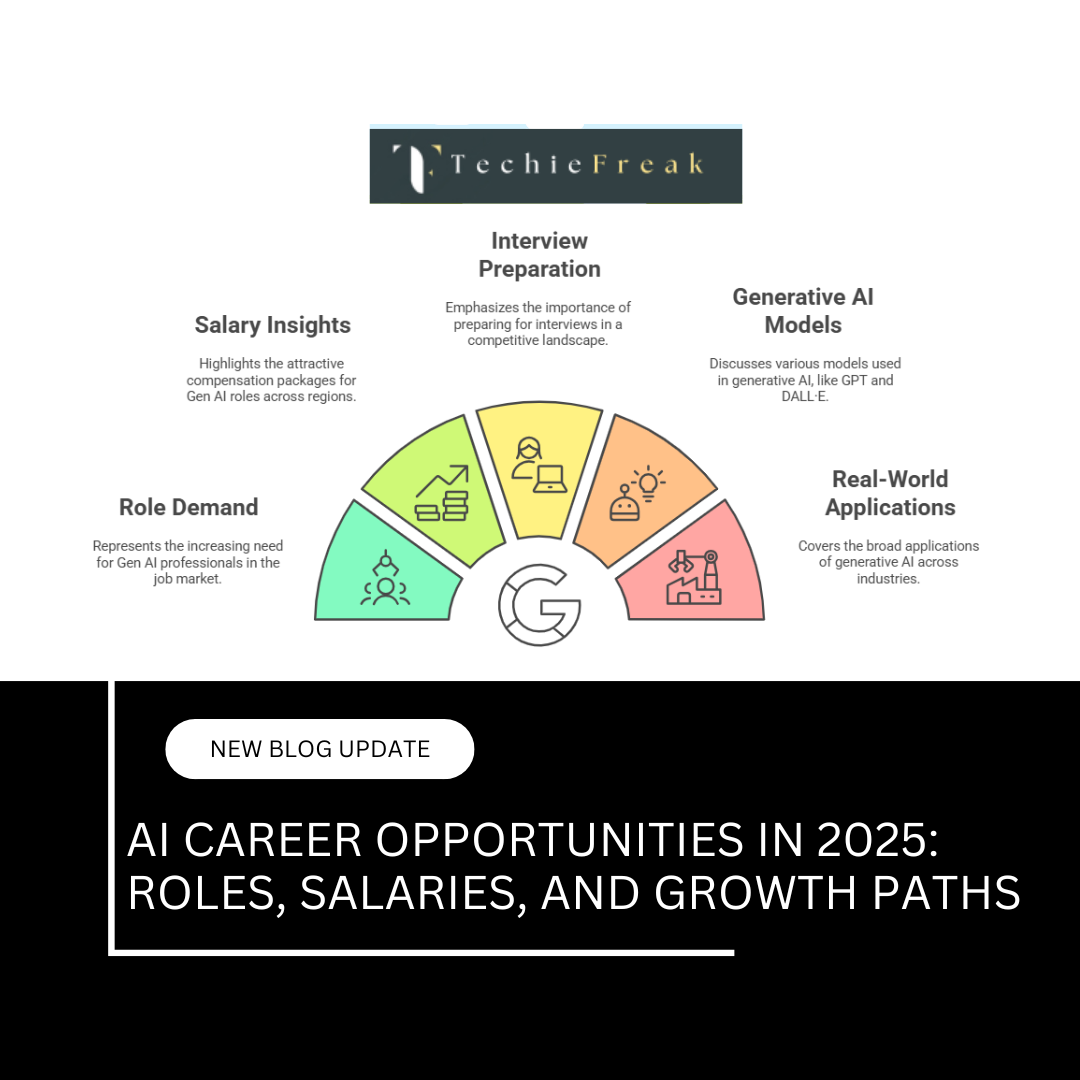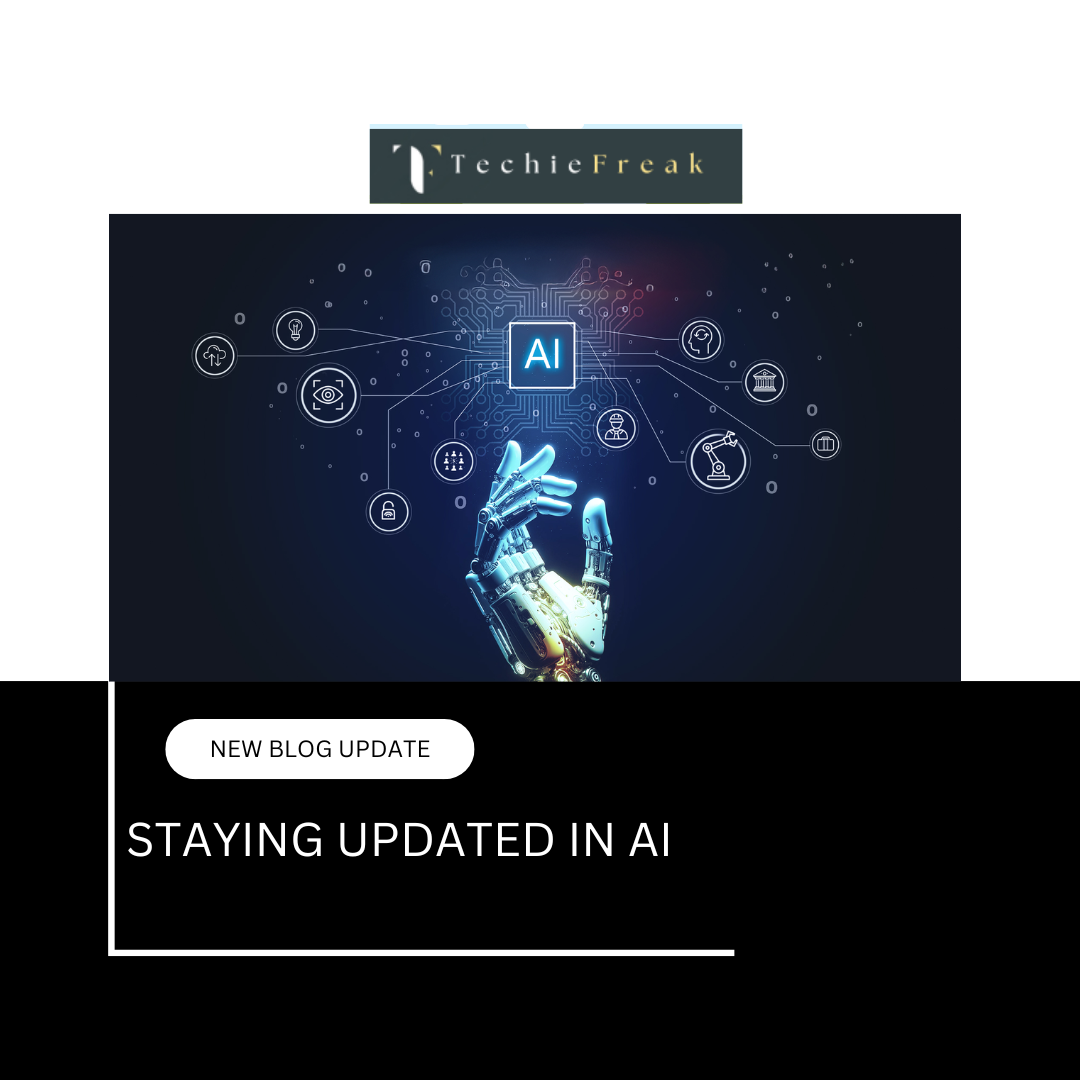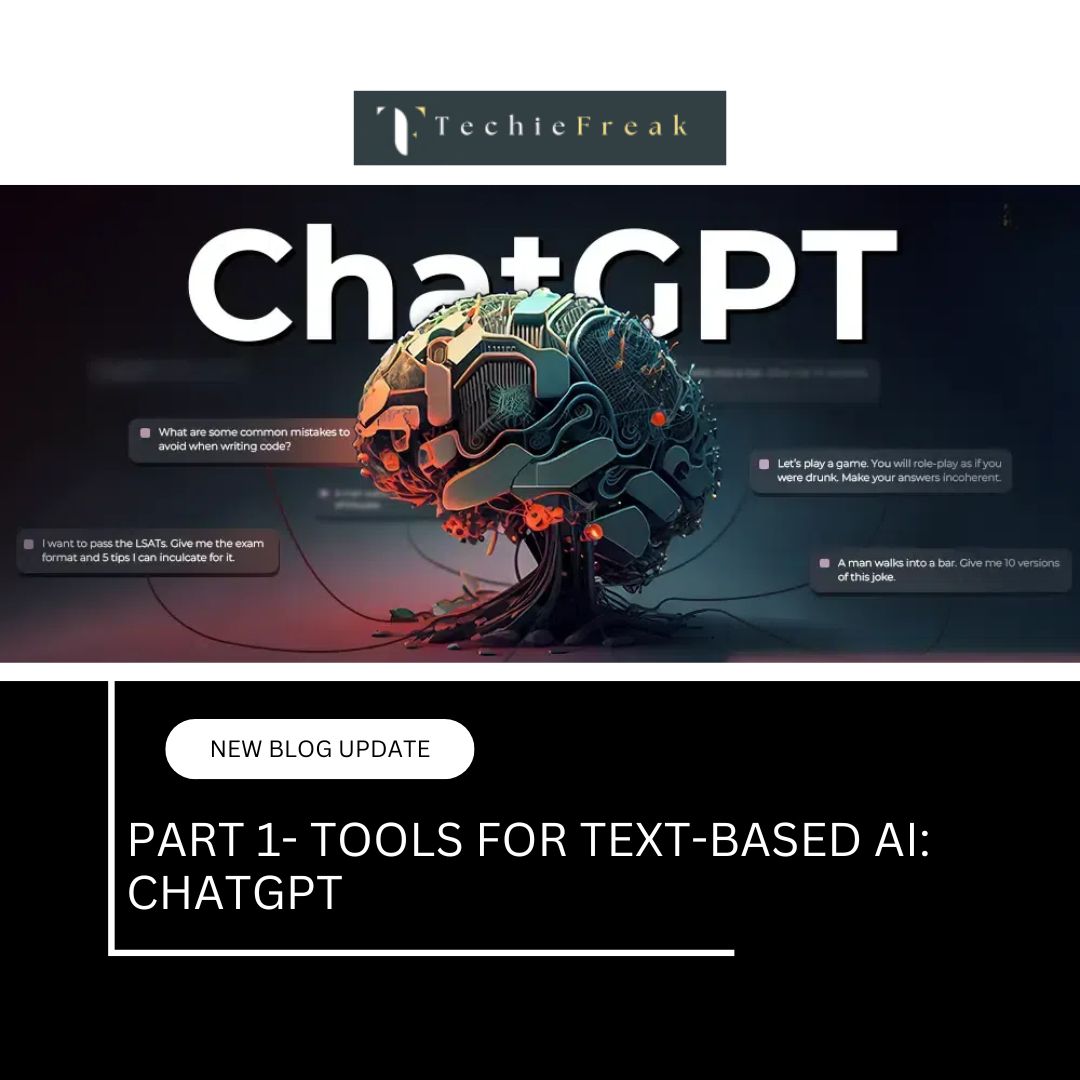The Importance and Applications of AI in Everyday Life
Artificial Intelligence (AI) is no longer a futuristic concept—it is deeply integrated into our daily lives and industries. From healthcare and finance to personal devices and education, AI is transforming the way we work, live, and interact with technology.
For students interested in learning AI and building a career in this field, understanding its importance and real-world applications is crucial. This blog explores:
- How AI is revolutionizing industries,
- AI’s impact on personal life,
- The ethical concerns surrounding AI, and
- Why learning AI is a valuable career choice today.
1. How AI is Transforming Industries
AI is reshaping industries by automating tasks, improving efficiency, and enabling data-driven decision-making. Let’s explore how AI is impacting major sectors:
(a) Healthcare: AI for Diagnosis, Treatment, and Research
AI has significantly improved the healthcare sector by enabling:
Early disease detection: AI-powered tools like IBM Watson Health analyze medical data to detect diseases like cancer and Alzheimer’s at an early stage.
Medical imaging: AI enhances MRI scans, X-rays, and CT scans for accurate diagnoses. Google’s DeepMind AI can detect eye diseases more effectively than human doctors.
AI-powered drug discovery: Companies like BenevolentAI and Insilico Medicine use AI to speed up drug discovery, reducing research time and cost.
Chatbots and virtual health assistants: AI-driven chatbots like Ada and Babylon Health provide basic medical consultations, reducing the burden on hospitals.
Career Tip: Students interested in AI and healthcare can explore biomedical AI, medical image processing, and AI-driven drug discovery.
(b) Finance: AI for Fraud Detection and Risk Management
The financial industry relies on AI for:
Fraud detection: AI analyzes transactions in real-time to detect unusual activities, preventing financial fraud.
Stock market predictions: AI-powered systems analyze market trends and help traders make informed investment decisions.
Automated financial services: AI chatbots like Cleo and Bank of America’s Erica provide personalized financial advice and manage user transactions.
Credit scoring and loan approval: AI evaluates creditworthiness by analyzing financial history, helping banks approve loans faster.
Career Tip: Students can explore AI applications in financial data analysis, algorithmic trading, and fraud prevention.
(c) Education: AI for Personalized Learning and Smart Classrooms
AI is revolutionizing education by providing personalized learning experiences:
Adaptive learning platforms: AI-powered platforms like Coursera and Duolingo adjust course material based on student performance.
AI tutors and assistants: Tools like Squirrel AI provide 24/7 tutoring, helping students understand complex topics.
Automated grading: AI can assess multiple-choice and written answers, reducing the workload for teachers.
Smart content generation: AI generates study guides, flashcards, and summaries to help students learn efficiently.
Career Tip: Students can explore AI in EdTech startups, NLP-based tutoring systems, and AI-powered curriculum development.
(d) Retail and E-Commerce: AI for Personalized Shopping Experiences
AI enhances the shopping experience by:
Recommendation engines: Amazon, Flipkart, and Netflix use AI to suggest products and content based on user behavior.
Chatbots for customer service: AI-powered chatbots handle queries, process orders, and offer personalized discounts.
Visual search: AI enables apps like Pinterest Lens to find products using images instead of text-based searches.
Career Tip: Students can specialize in AI-driven recommendation systems, chatbot development, and customer analytics.
2. AI in Personal Life: Enhancing Everyday Experiences
AI is embedded in our daily activities, making tasks easier and improving user experiences.
(a) Smartphones and AI Assistants
Voice assistants: Siri, Google Assistant, and Alexa use Natural Language Processing (NLP) to understand and respond to voice commands.
AI-powered cameras: Smartphones use AI to enhance photos, detect scenes, and apply filters automatically.
Spam filters and smart replies: AI helps filter emails (Gmail’s spam detection) and suggests smart replies based on message context.
Career Tip: Students can explore voice recognition AI, NLP models, and mobile AI applications.
(b) AI in Entertainment: Content Recommendations and Media Creation
Music and movie recommendations: Spotify, YouTube, and Netflix suggest content based on user preferences.
AI in gaming: AI enhances gameplay by creating intelligent NPCs (non-playable characters) that adapt to players’ actions.
AI-generated content: AI tools like DALL·E create digital artwork, and OpenAI’s ChatGPT generates creative writing pieces.
Career Tip: Students can work in AI-based content creation, game development, and interactive media.
(c) AI in Smart Homes and IoT (Internet of Things)
Smart thermostats (Nest, Ecobee): AI predicts temperature preferences and adjusts settings automatically.
Home security: AI-based surveillance cameras and motion sensors improve home security.
Smart appliances: AI-powered refrigerators suggest recipes based on available ingredients.
Career Tip: Students can explore AI in IoT, home automation, and robotics.
3. Ethical Concerns and Responsible AI
As AI becomes more powerful, ethical issues must be addressed to ensure responsible development and use.
(a) Bias in AI Algorithms
- AI models trained on biased data can reinforce discrimination (e.g., biased hiring algorithms).
- Solution: Developers must use diverse datasets and ethical AI principles to reduce bias.
(b) Privacy and Data Security
- AI-powered systems collect vast amounts of personal data, raising concerns about misuse.
- Solution: Implement data protection laws (GDPR, CCPA) and develop privacy-focused AI.
(c) Job Displacement and the Future of Work
- AI is automating repetitive tasks, leading to concerns about job losses.
- Solution: Workers should reskill in AI-related fields like data science, robotics, and AI ethics.
(d) Deepfakes and Misinformation
- AI-generated deepfakes can be used to spread false information and manipulate public opinion.
- Solution: AI experts must develop detection tools and ethical guidelines to combat misinformation.
Career Tip: Students can specialize in AI ethics, cybersecurity, and AI fairness.
Why AI is a Great Career Choice?
High Demand: AI is one of the fastest-growing fields, with companies actively hiring AI engineers and data scientists.
Diverse Applications: AI skills can be applied in healthcare, finance, marketing, gaming, robotics, and more.
Competitive Salaries: AI professionals earn high salaries, with entry-level AI engineers making $100,000+ per year.
Future-Proof Skills: AI will continue to reshape industries, making AI knowledge a valuable long-term investment.
How to Start Learning AI?
Learn Python (a widely used AI programming language).
Take AI and Machine Learning courses.
Build AI projects and participate in AI hackathons.
Follow AI research papers and stay updated on latest AI trends.
Key Takeaways-
AI is transforming industries like healthcare, finance, education, and e-commerce by automating tasks, improving decision-making, and enhancing efficiency.
AI in personal life includes smart assistants (Siri, Alexa), recommendation systems (Netflix, Spotify), and smart home devices (Nest, Ring).
AI in healthcare helps with early disease detection, medical imaging, drug discovery, and virtual health assistants.
AI in finance improves fraud detection, stock market predictions, automated banking, and loan approvals.
AI in education enables personalized learning, AI tutors, smart grading, and adaptive learning platforms.
Ethical concerns in AI include bias in algorithms, privacy risks, job displacement, and misinformation (deepfakes).
AI is a booming career field, offering high demand, competitive salaries, and diverse opportunities in various industries.
Students can start learning AI by mastering Python, taking AI/ML courses, working on projects, and staying updated with AI research.
AI is shaping the future—learning AI today can open doors to exciting career opportunities!
Next Blog- Types of AI: Narrow AI, General AI, and Superintelligent AI
.png)

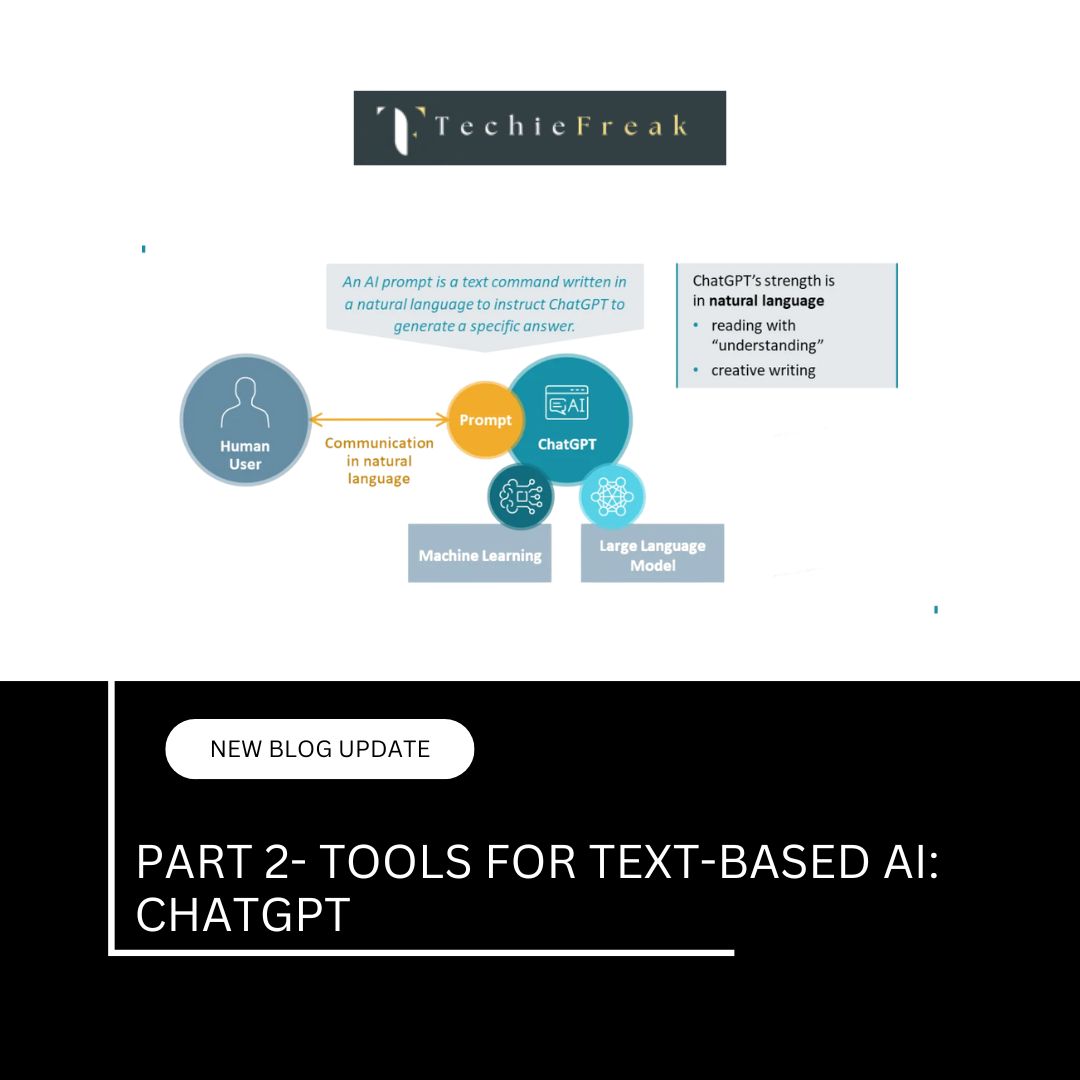
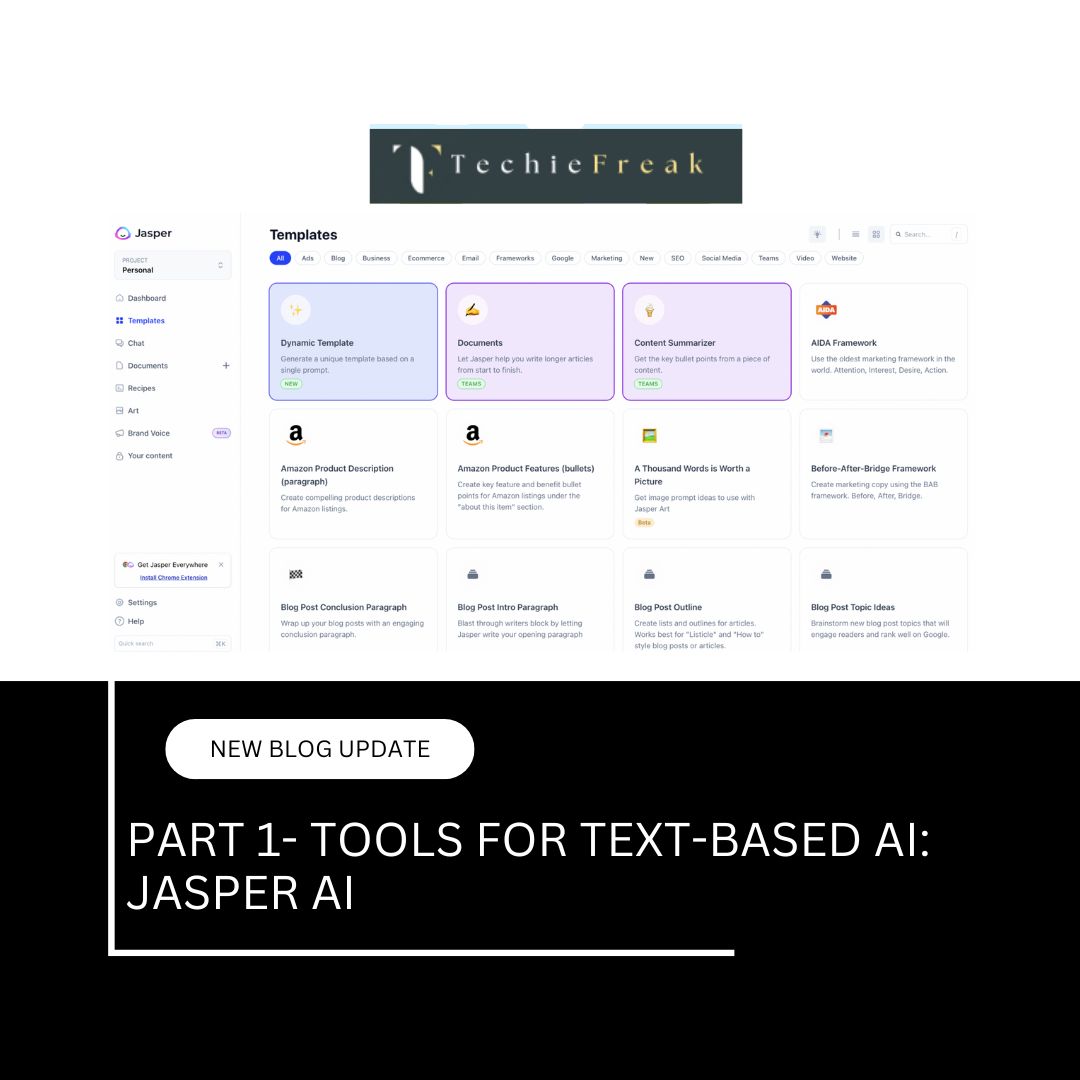
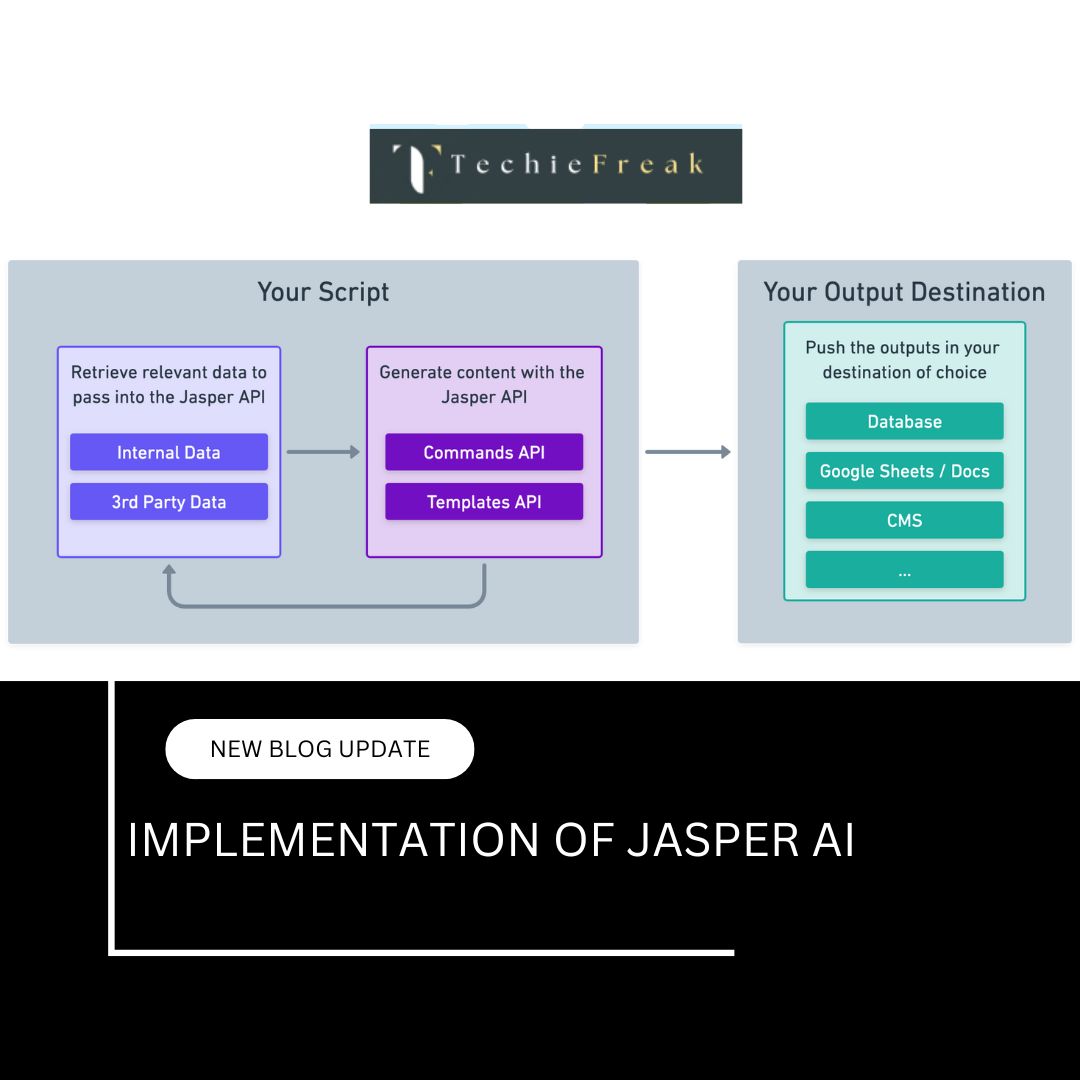
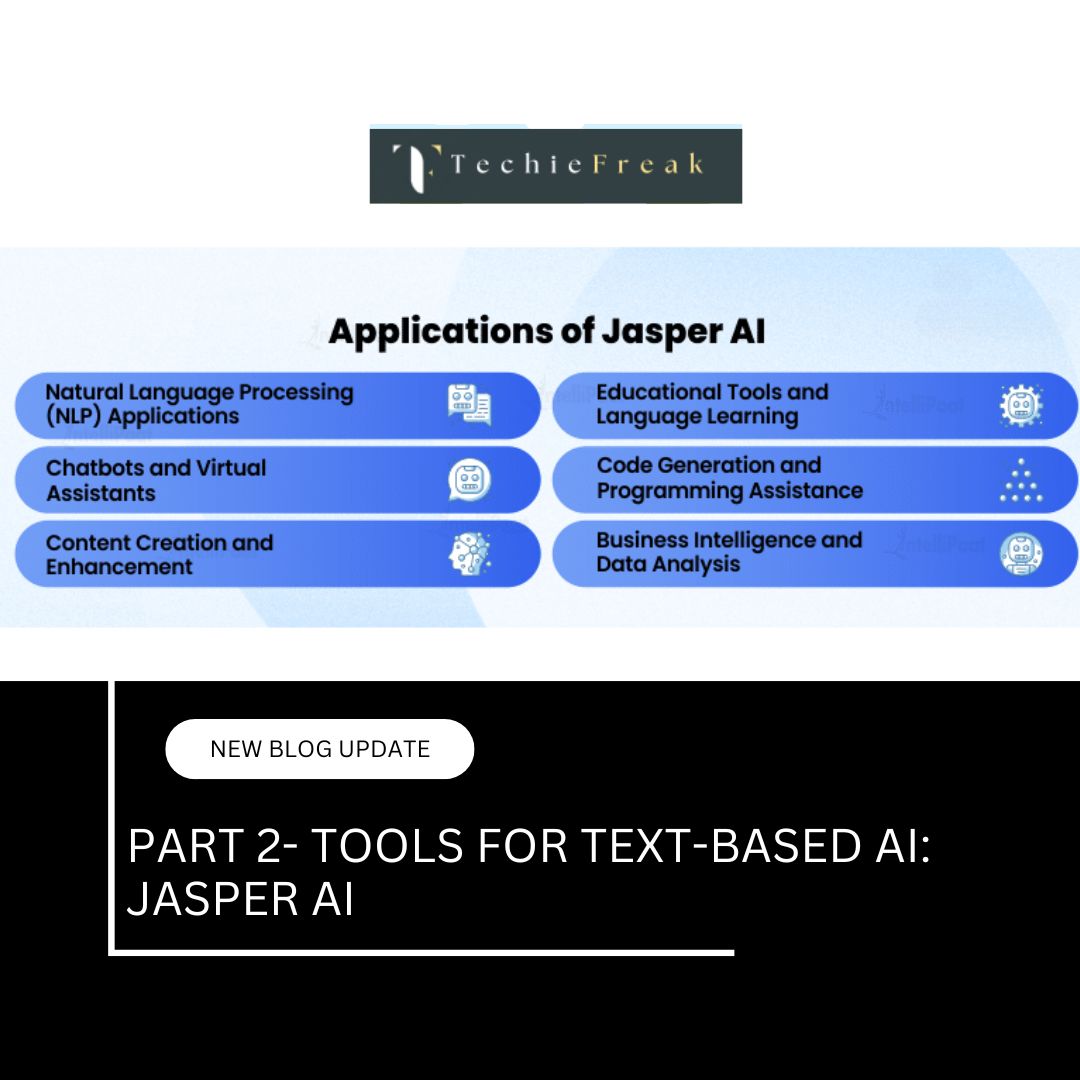
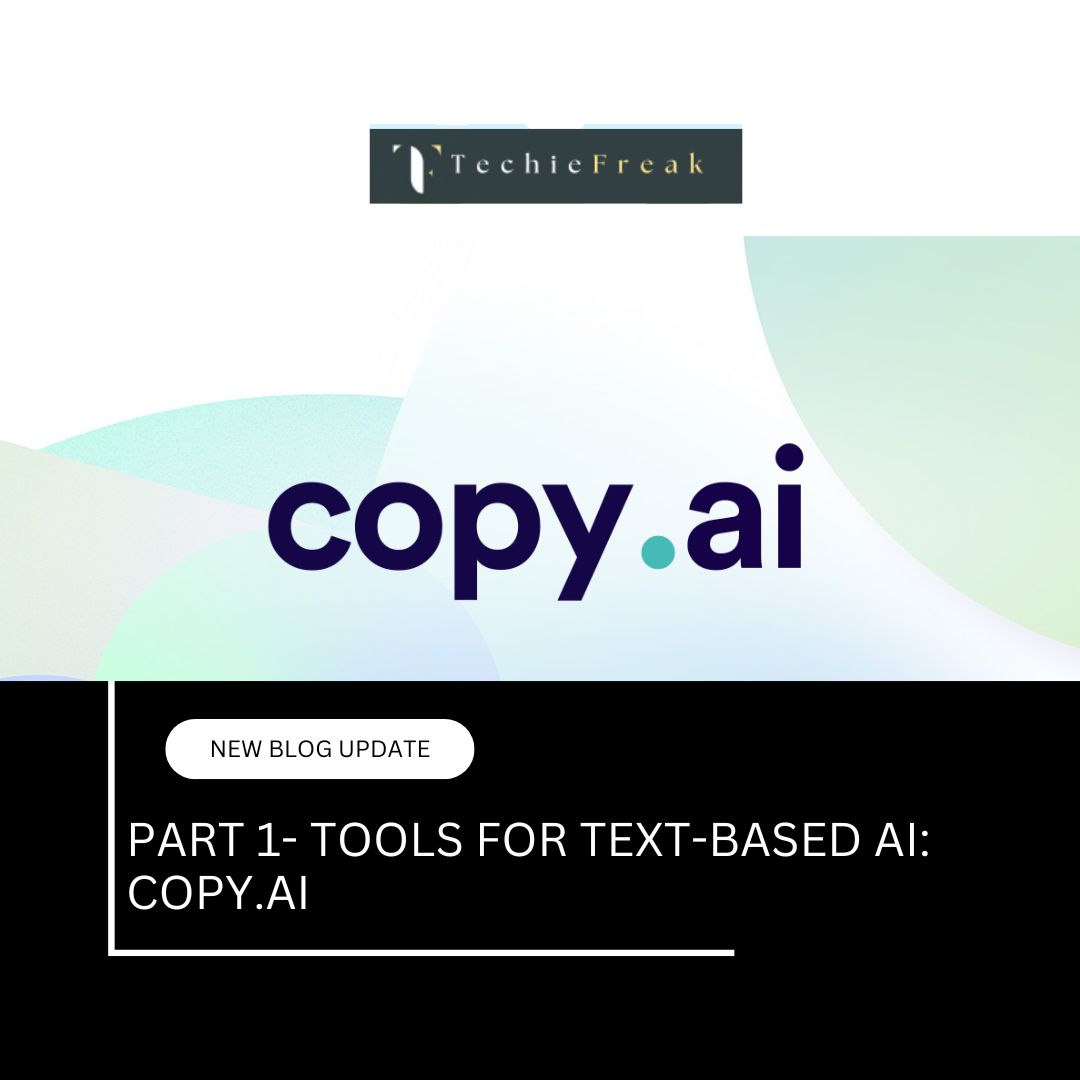
.jpg)
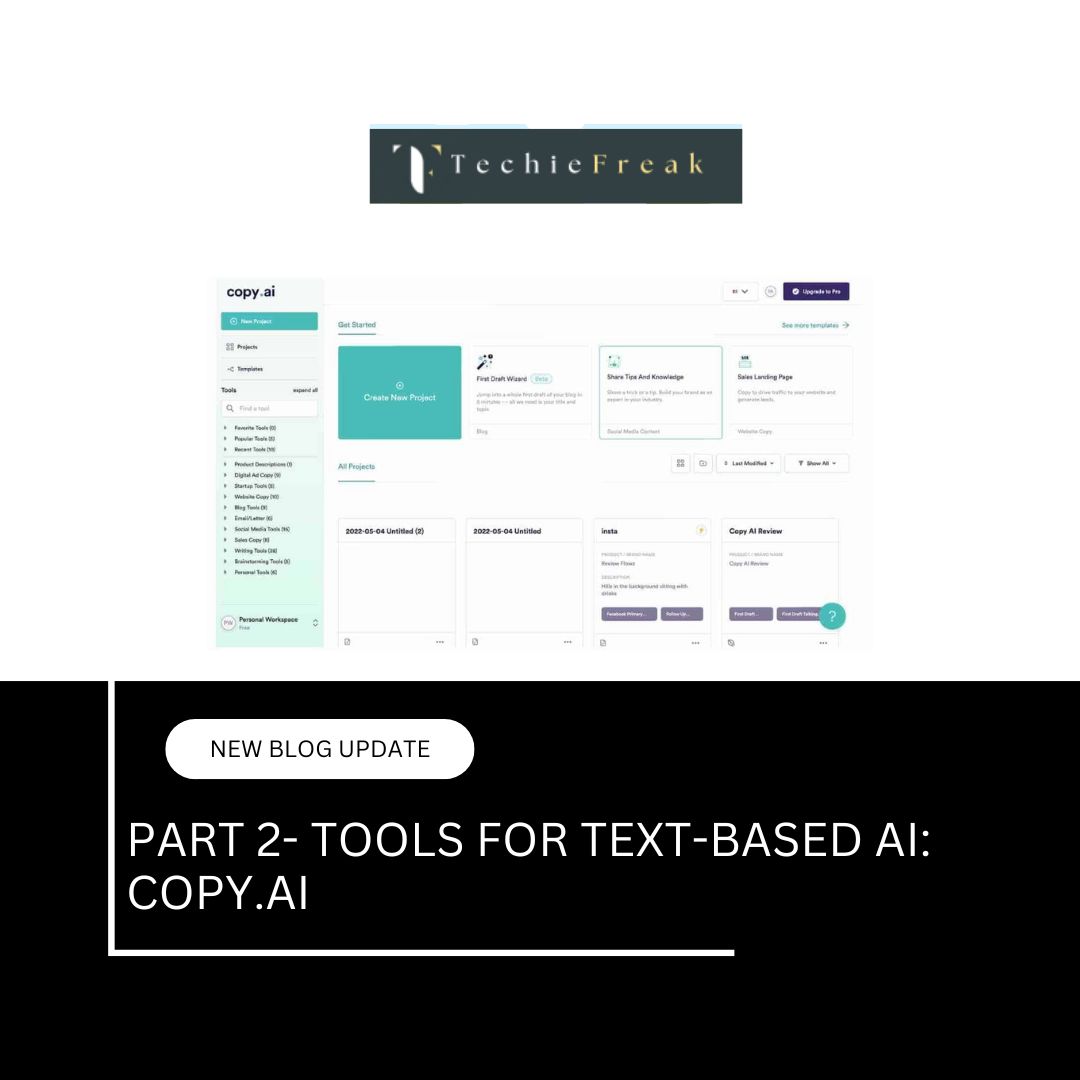
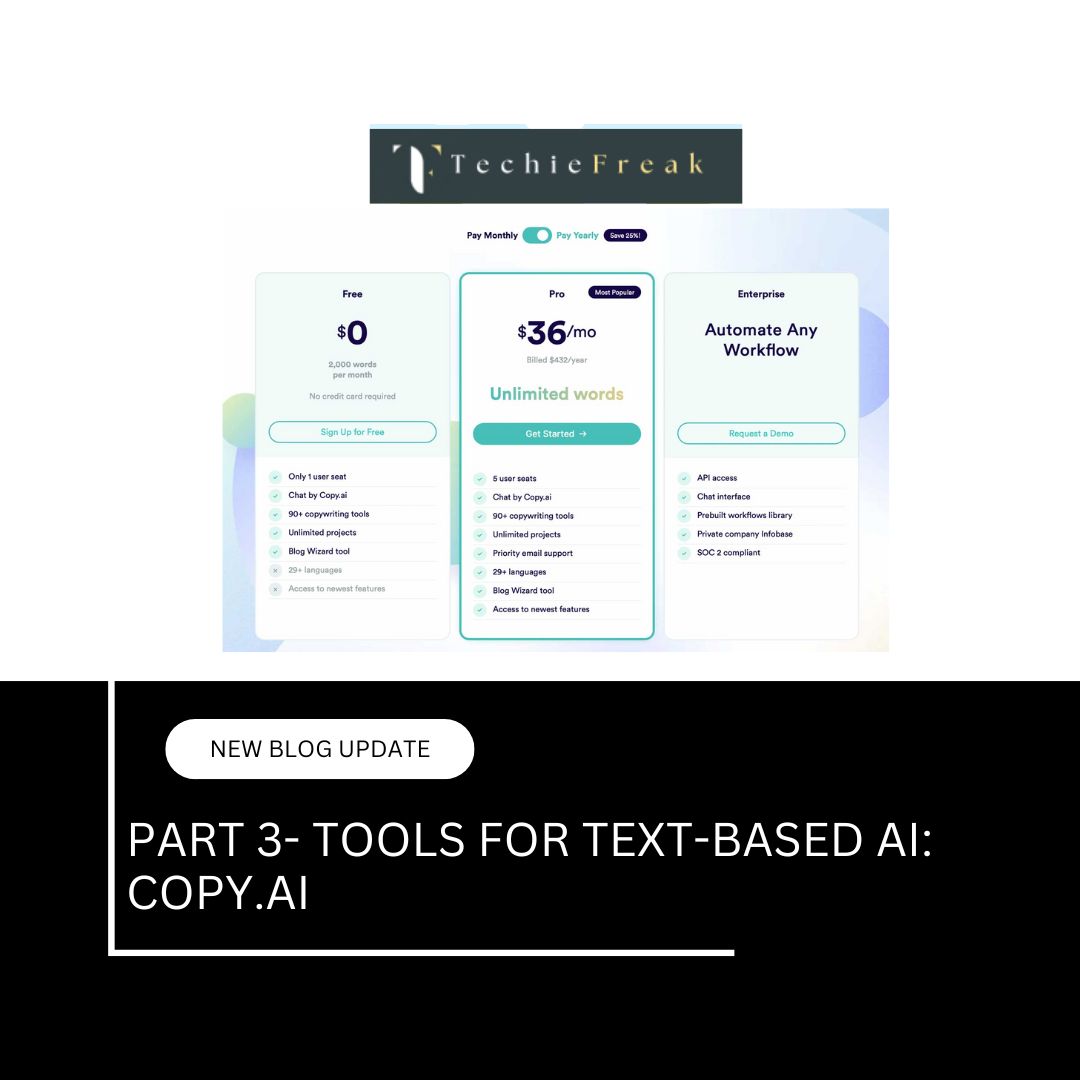
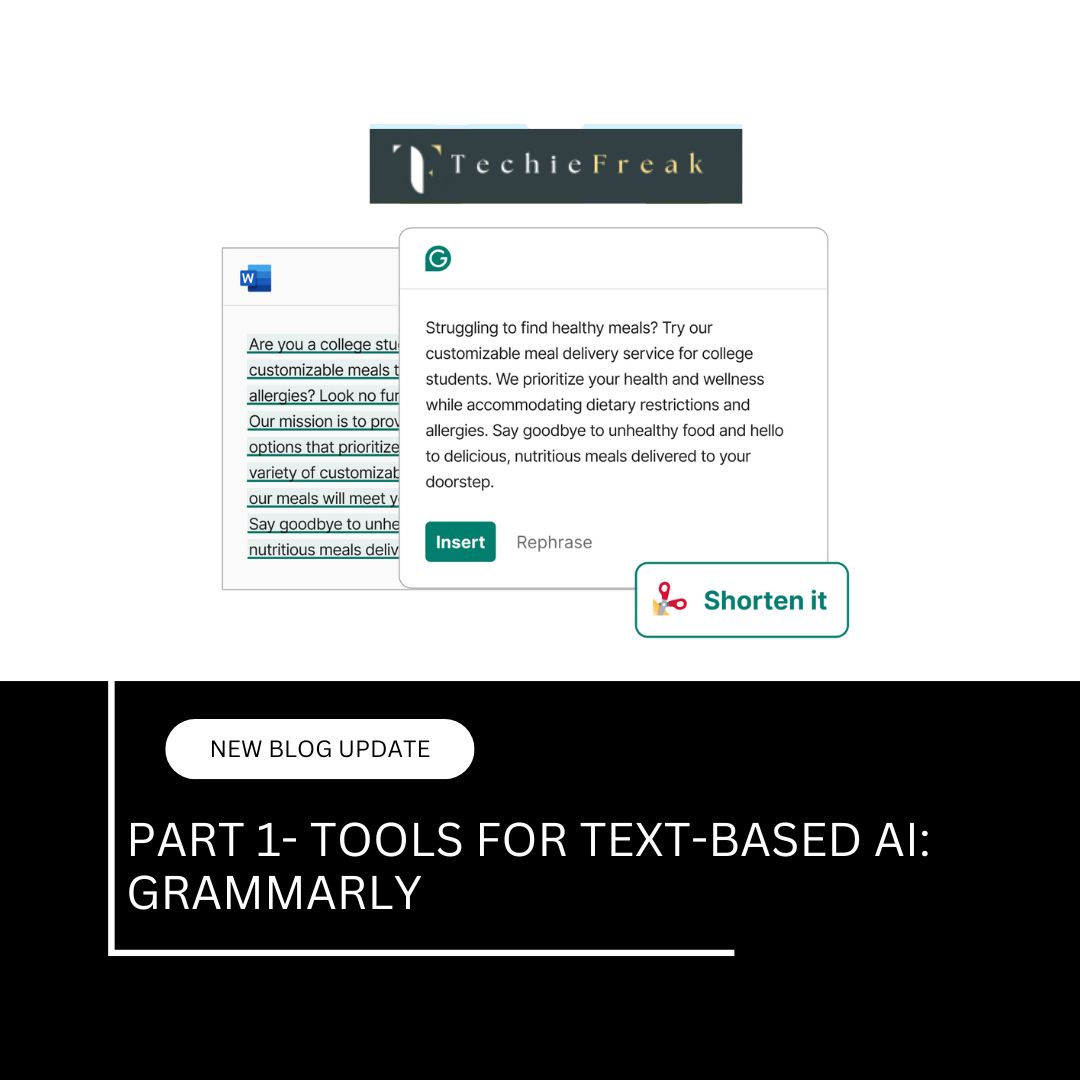
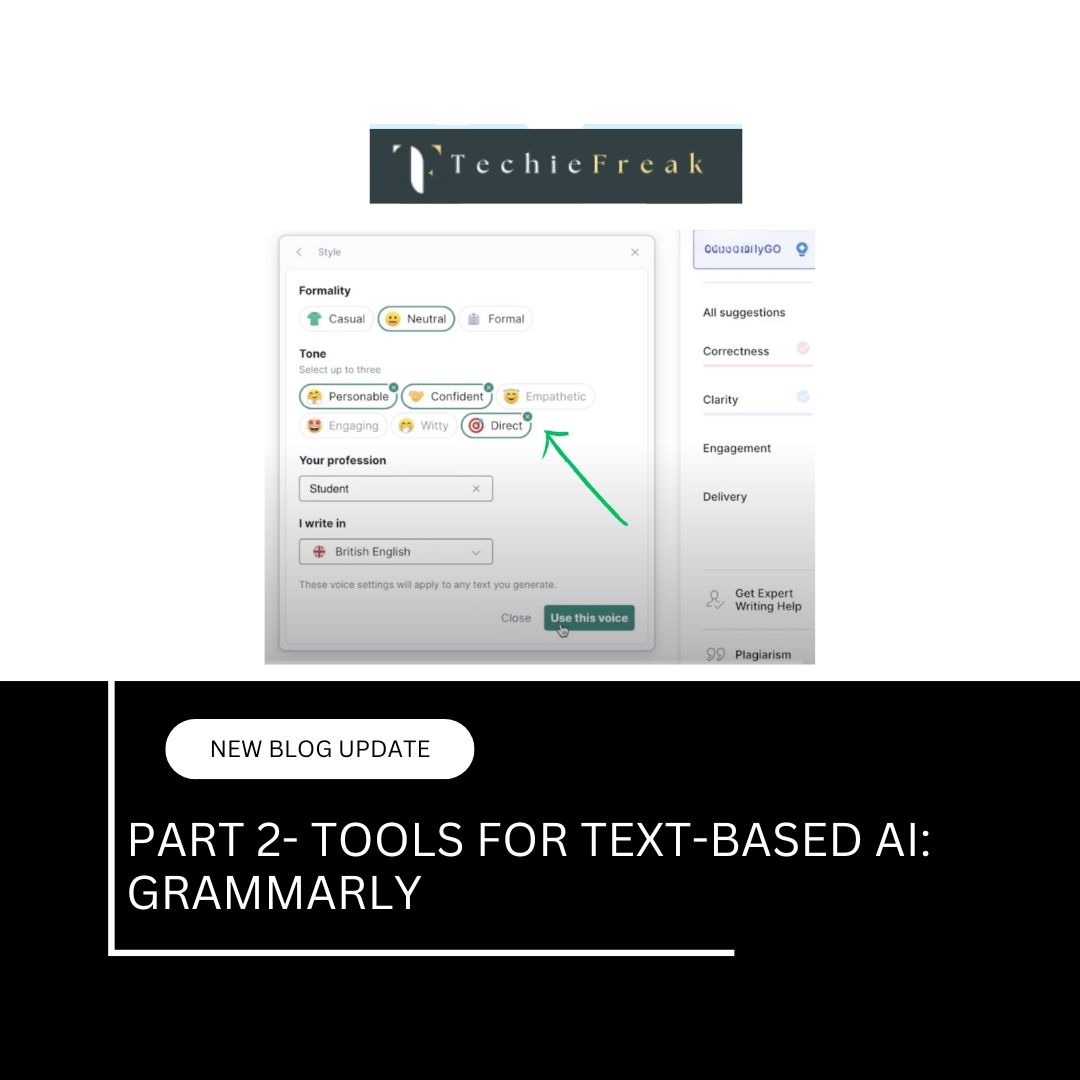
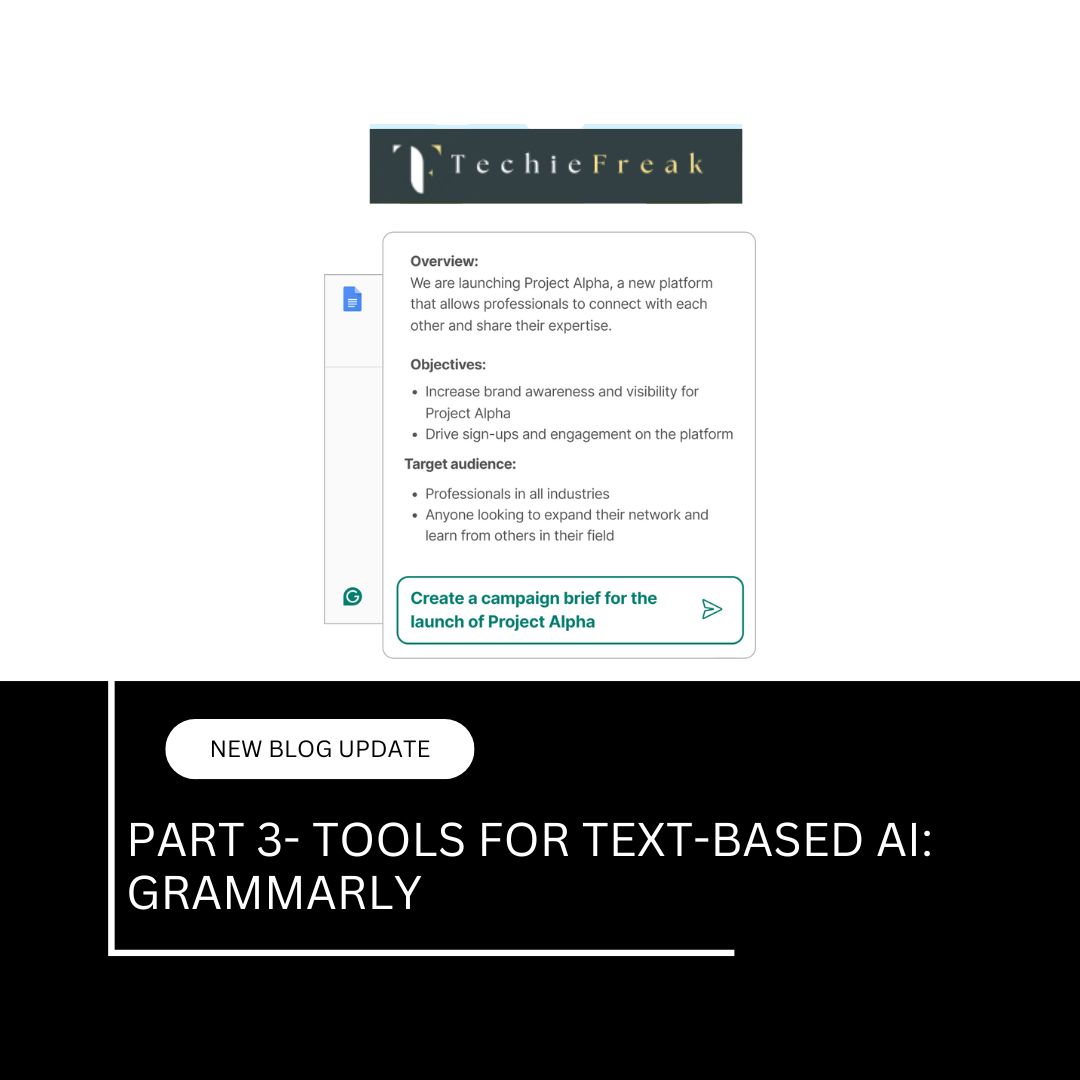
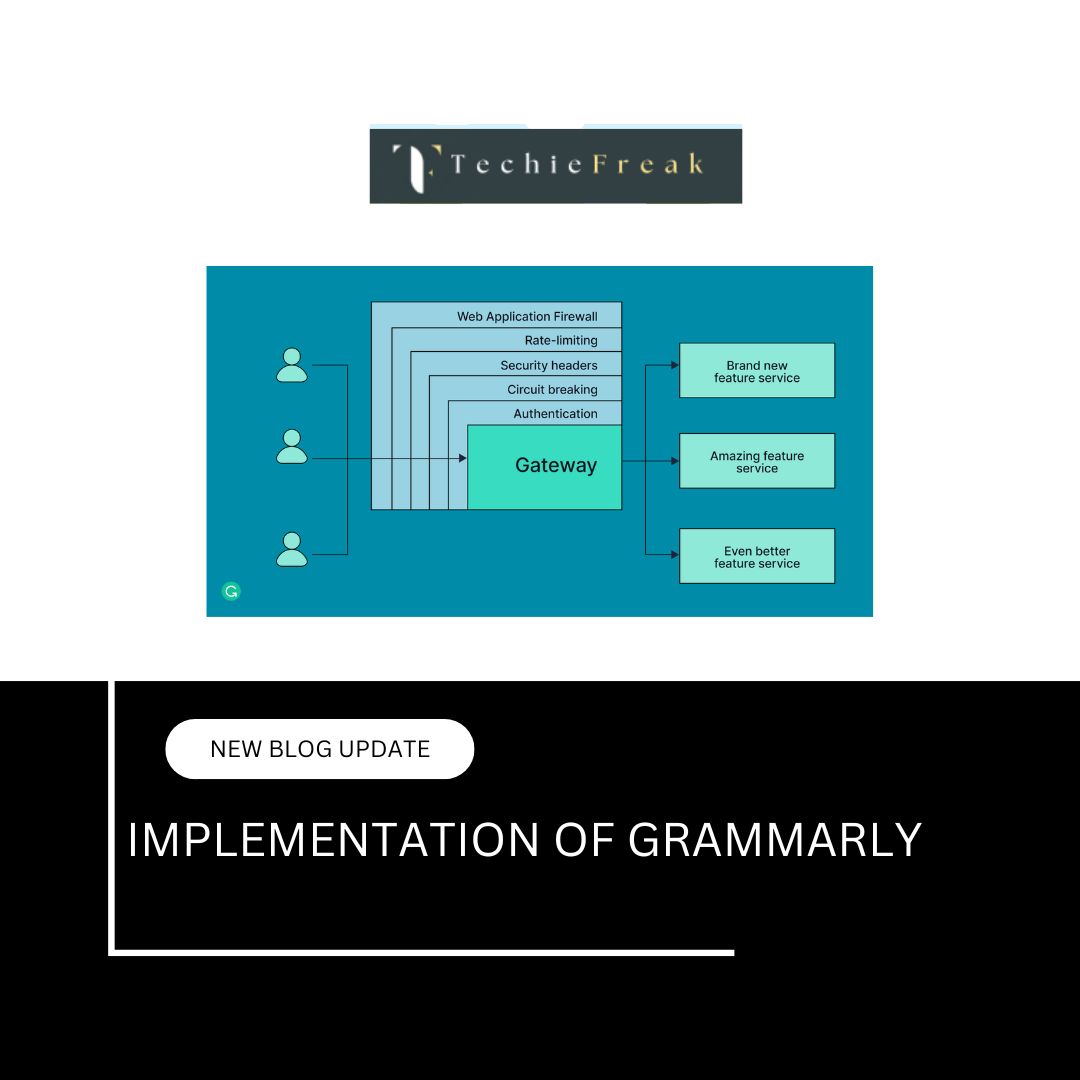

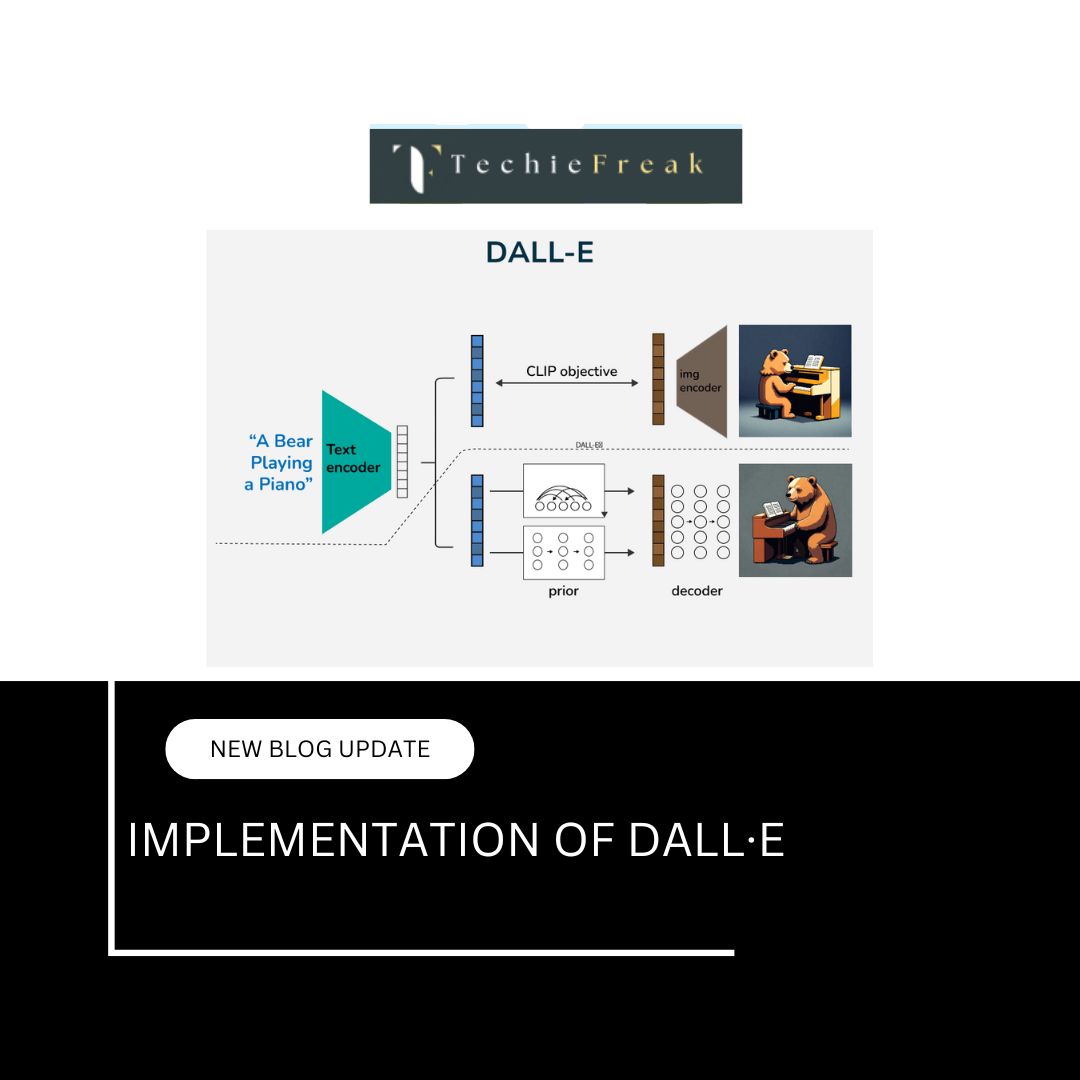
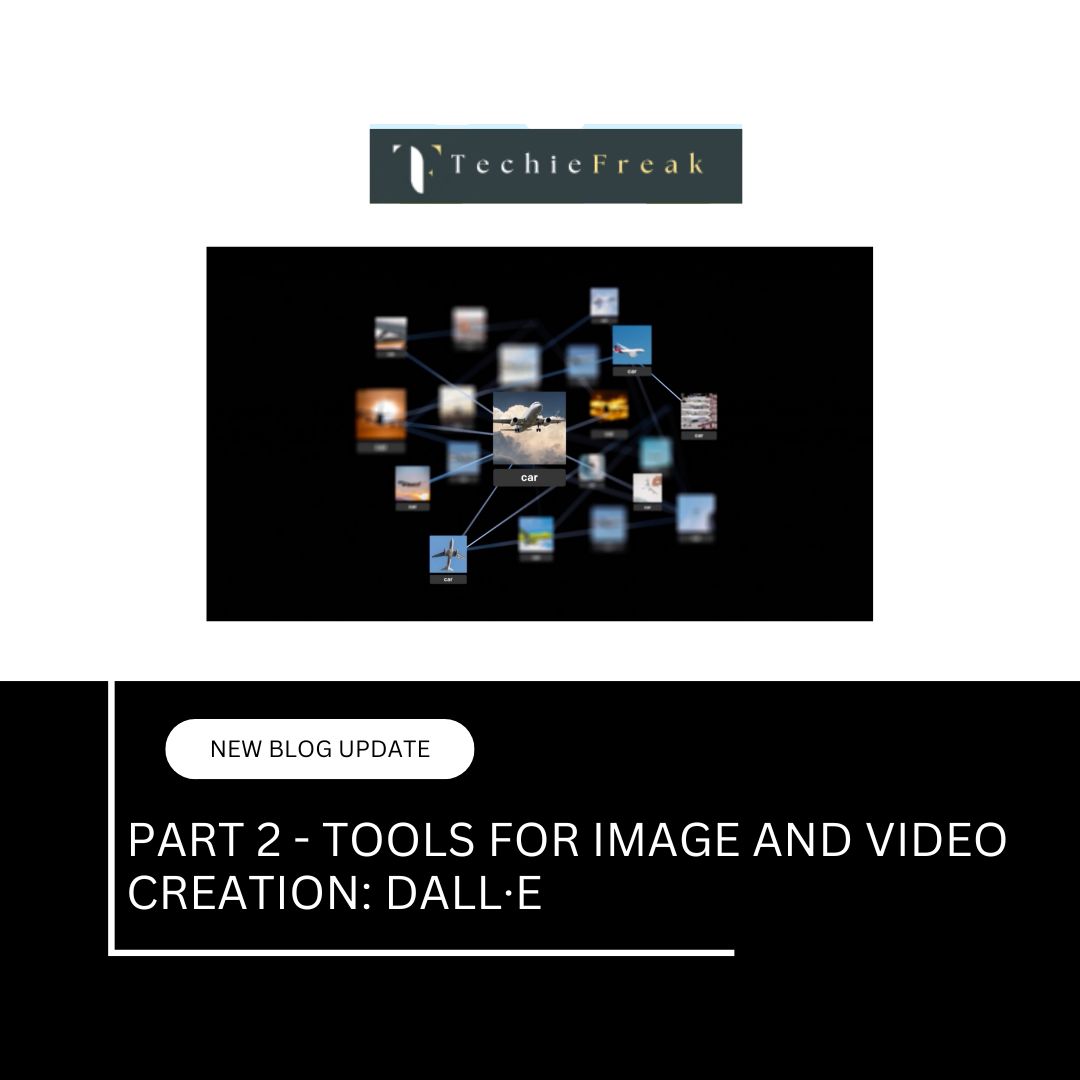

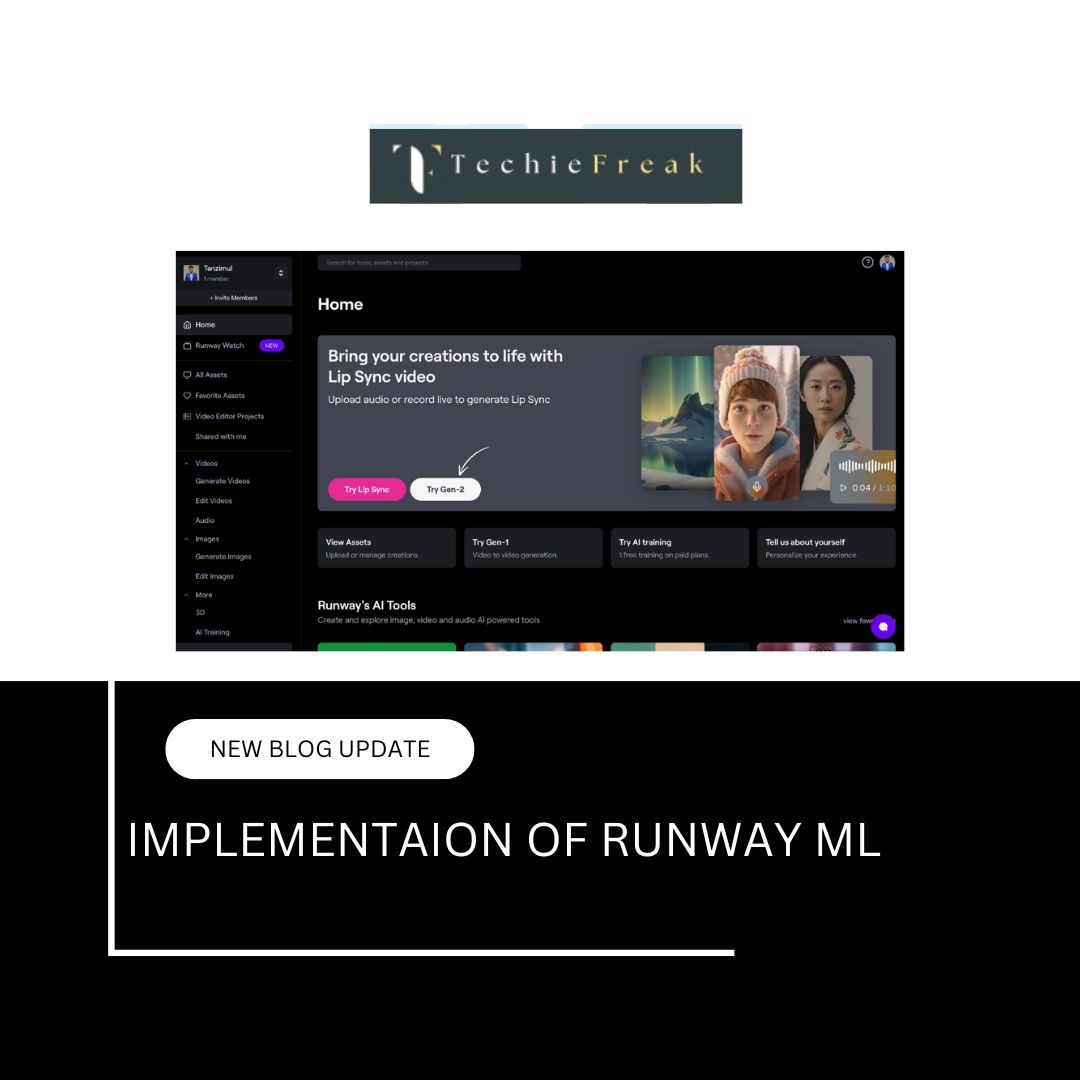


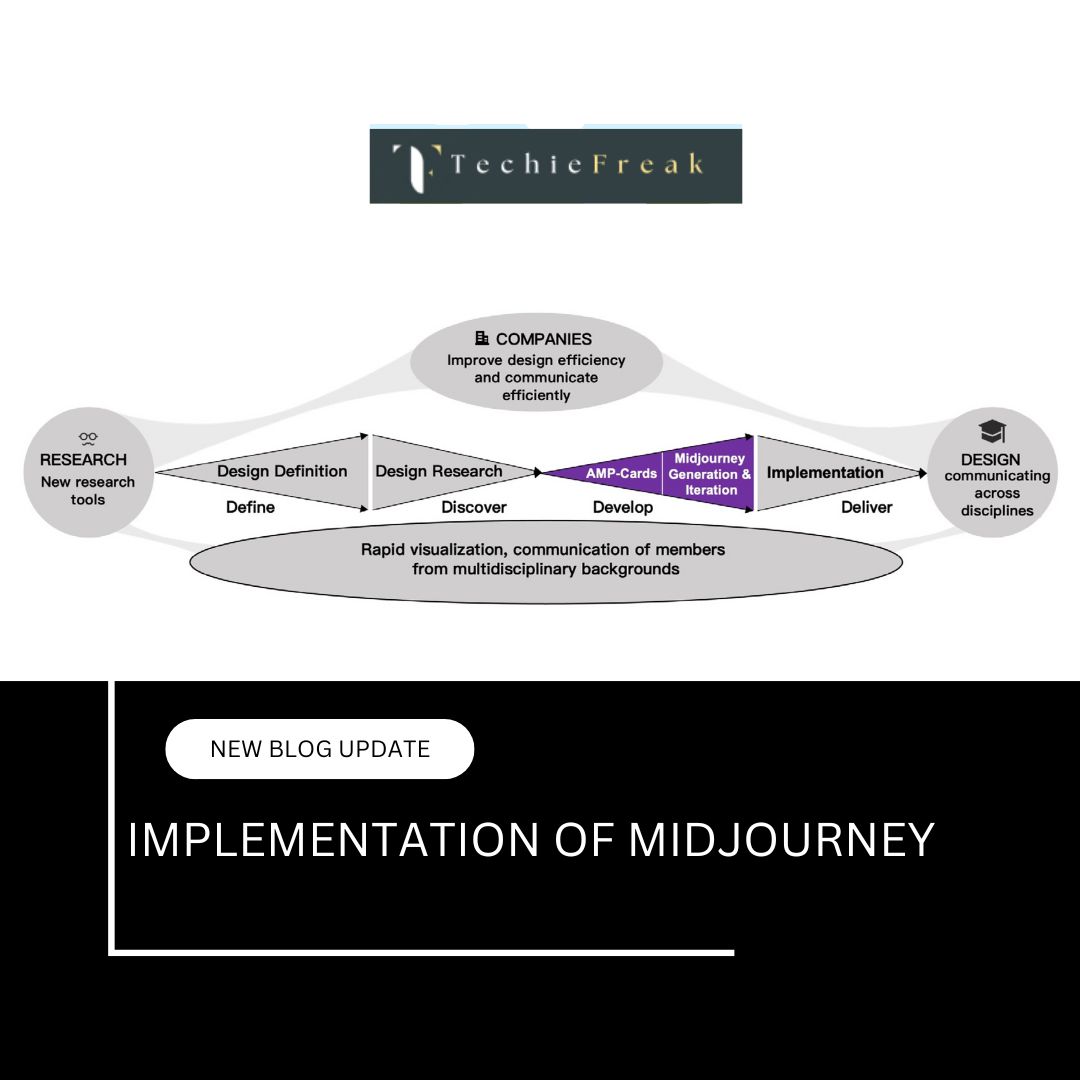
.jpg)

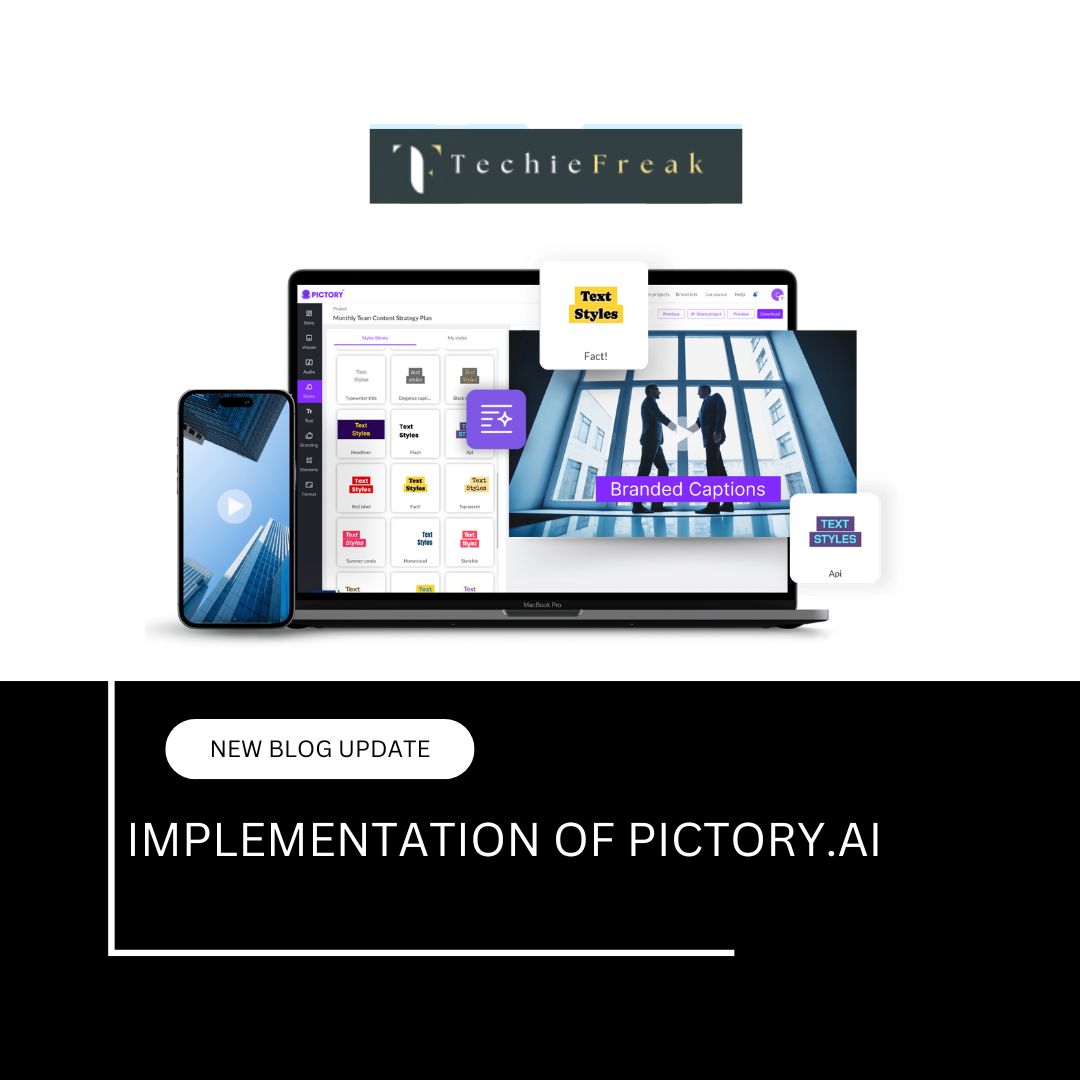
.png)
.png)
.png)
.png)
.png)
.png)
.png)
.png)
.png)
.png)
.png)
.png)
.png)
.png)
.png)
.png)
.png)
.png)
.png)
.png)
.png)
.png)
.png)
.png)
.png)
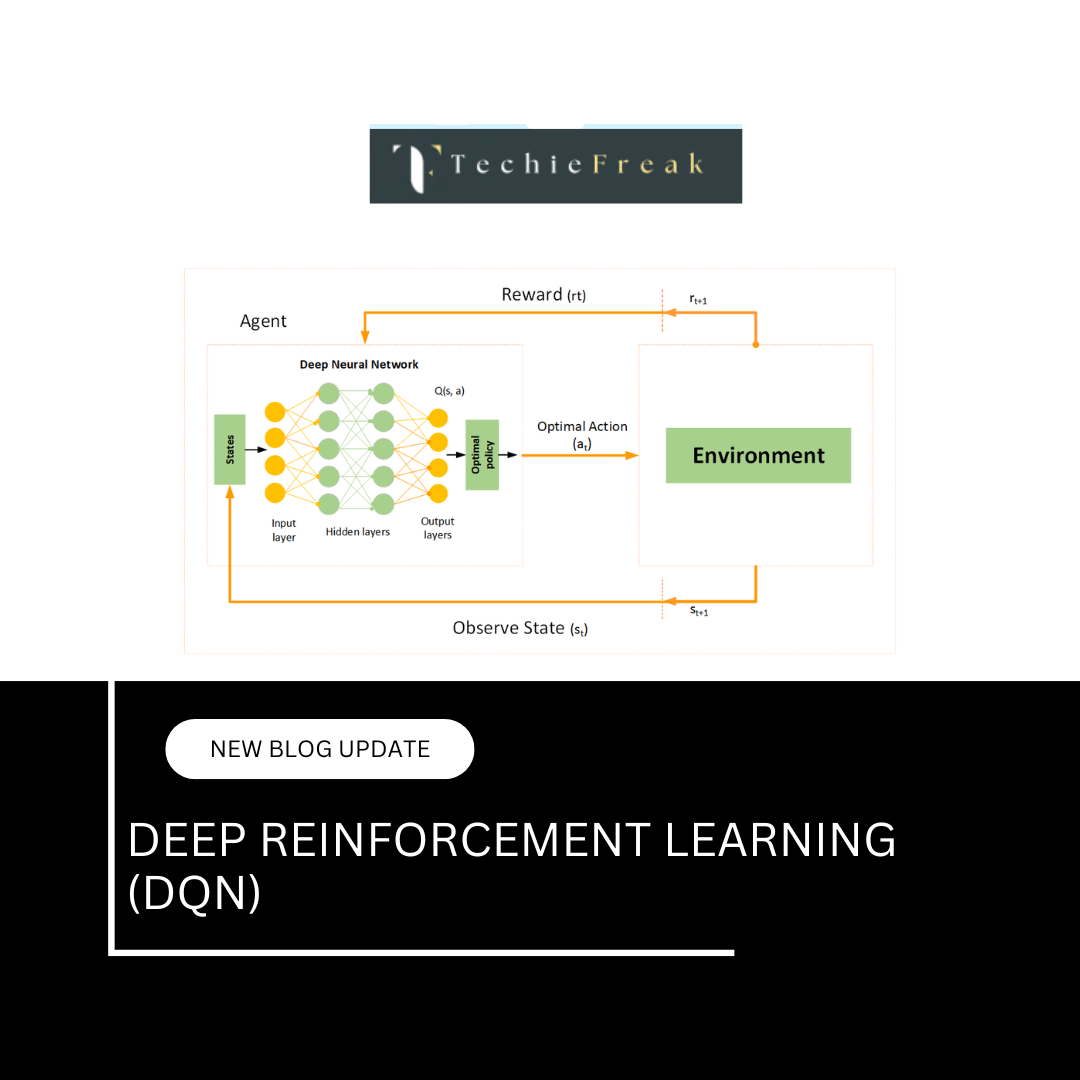
.png)
.png)
.png)
.png)
.png)
.png)

.png)
